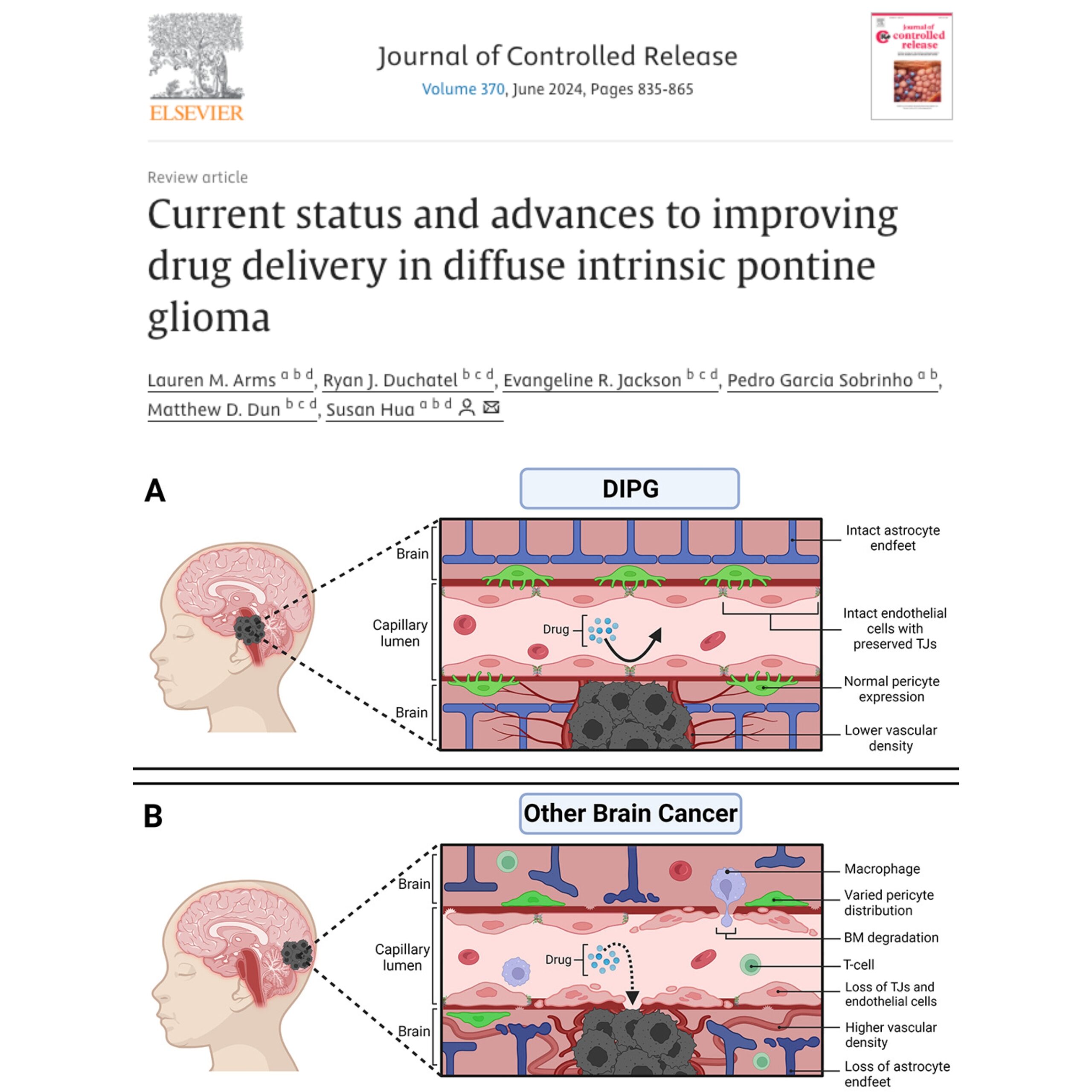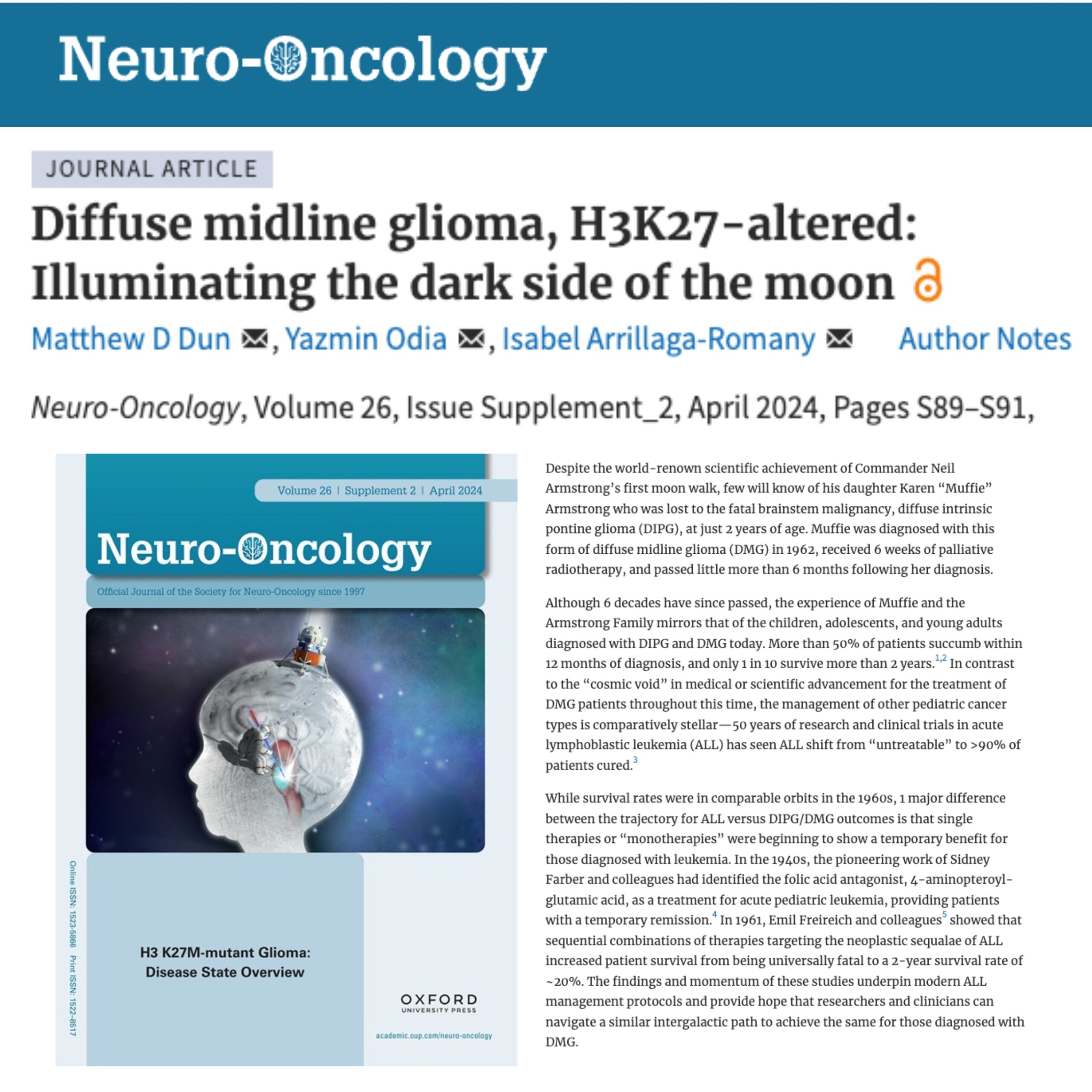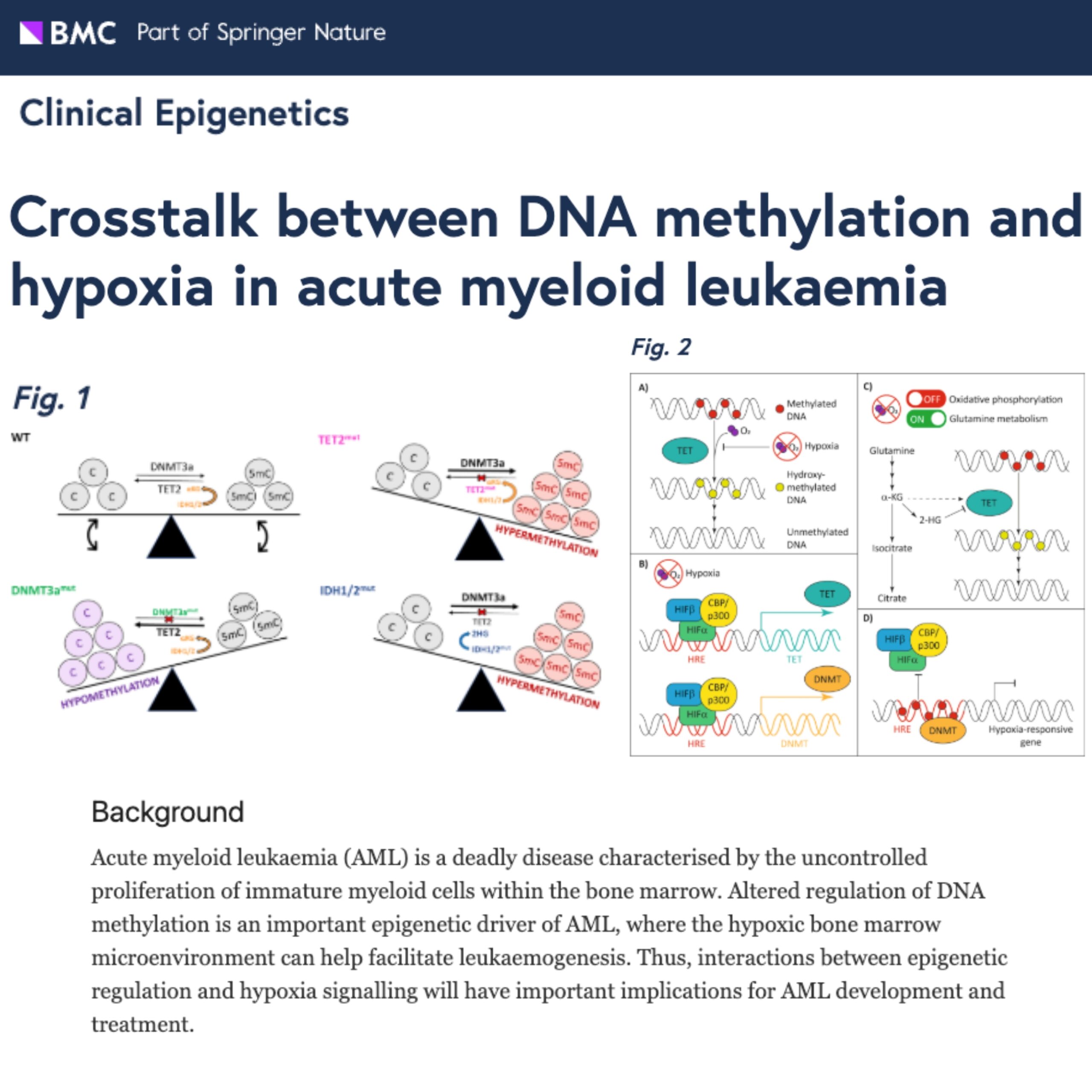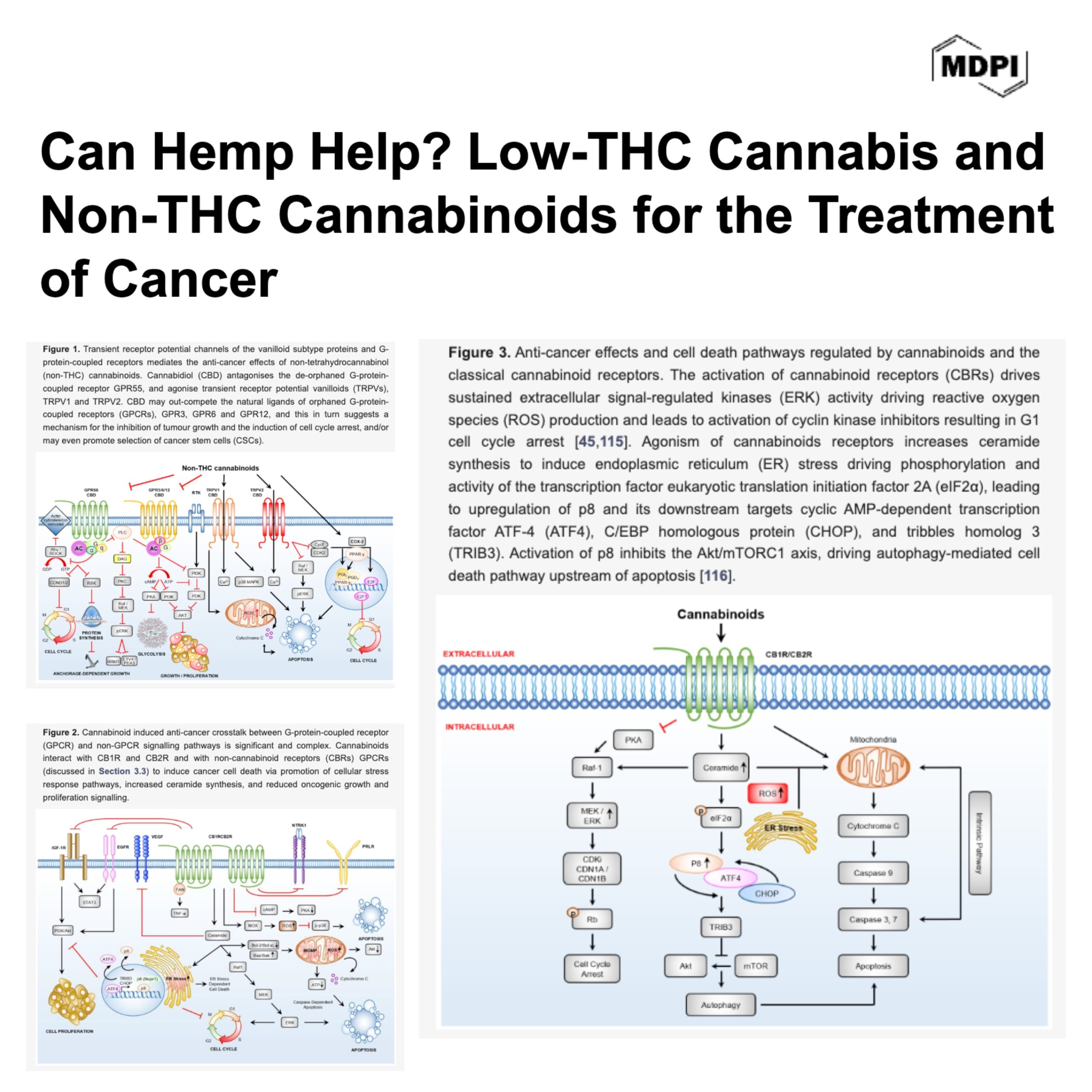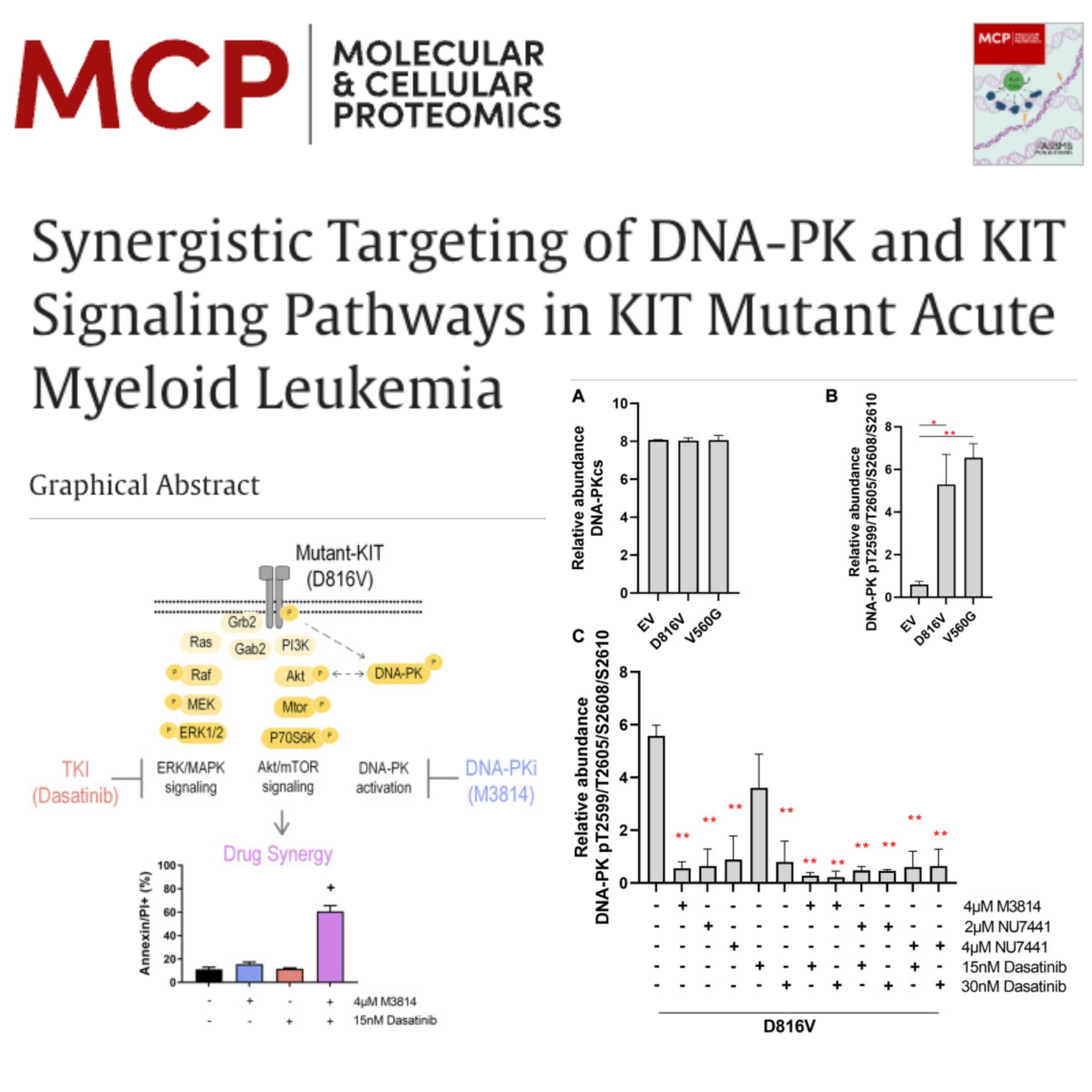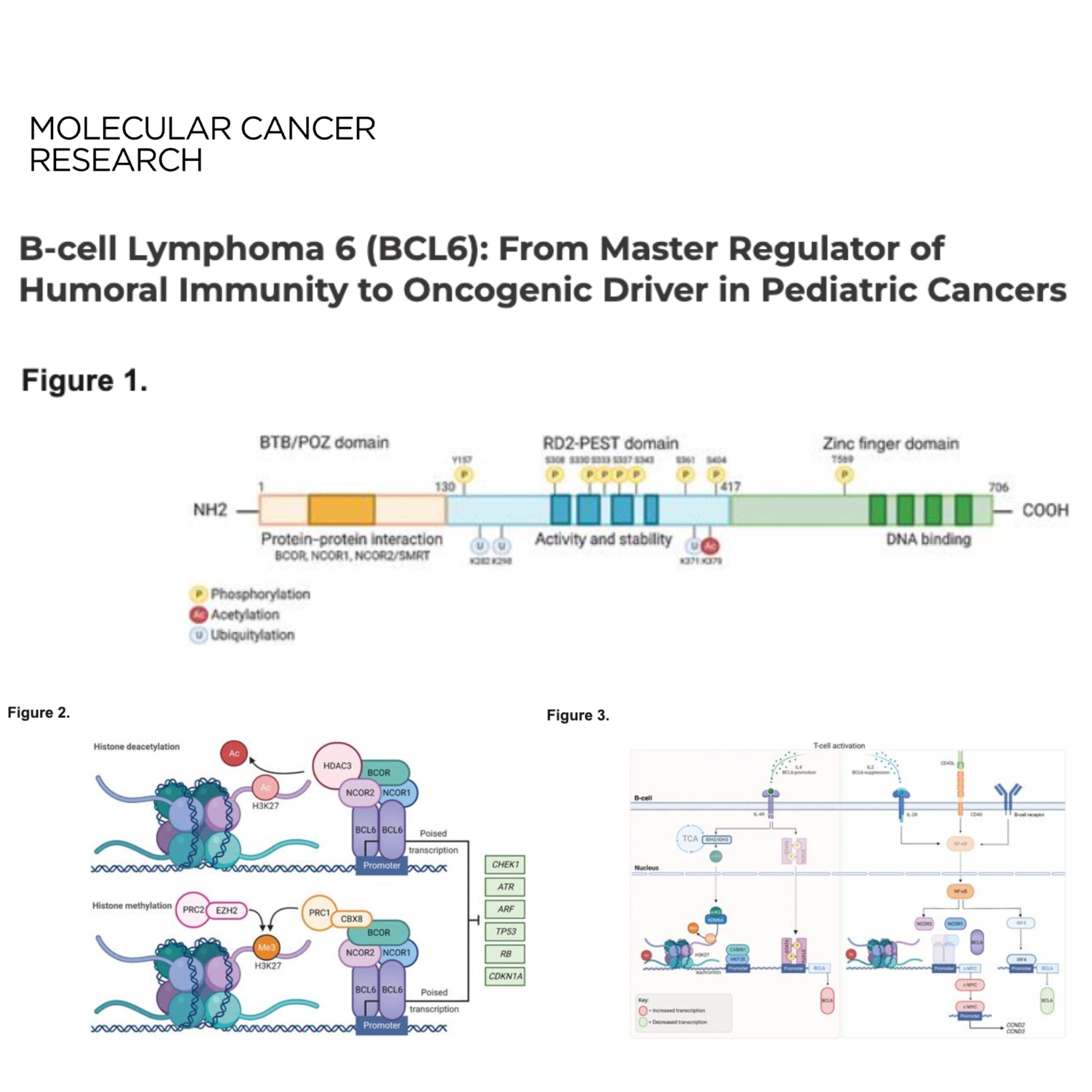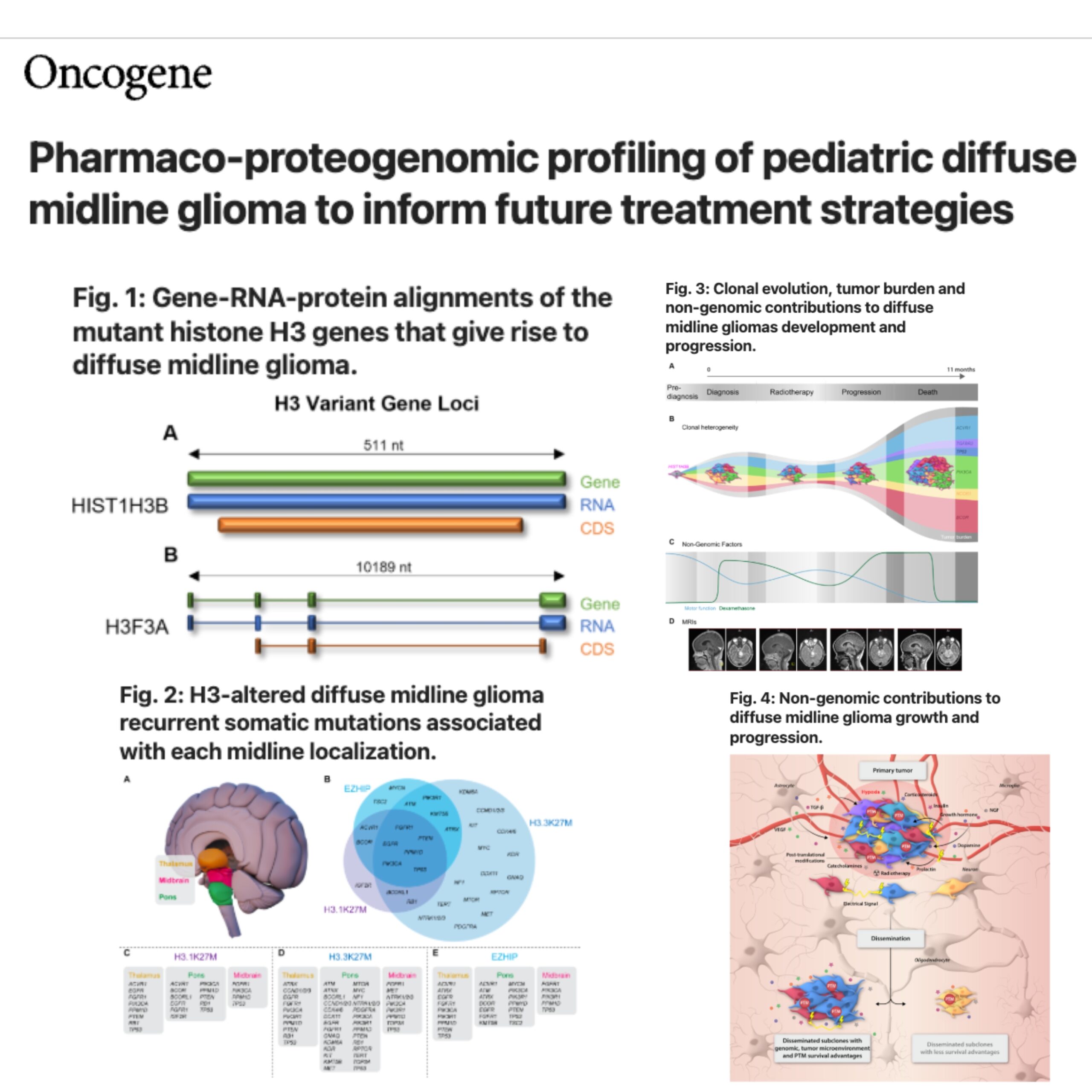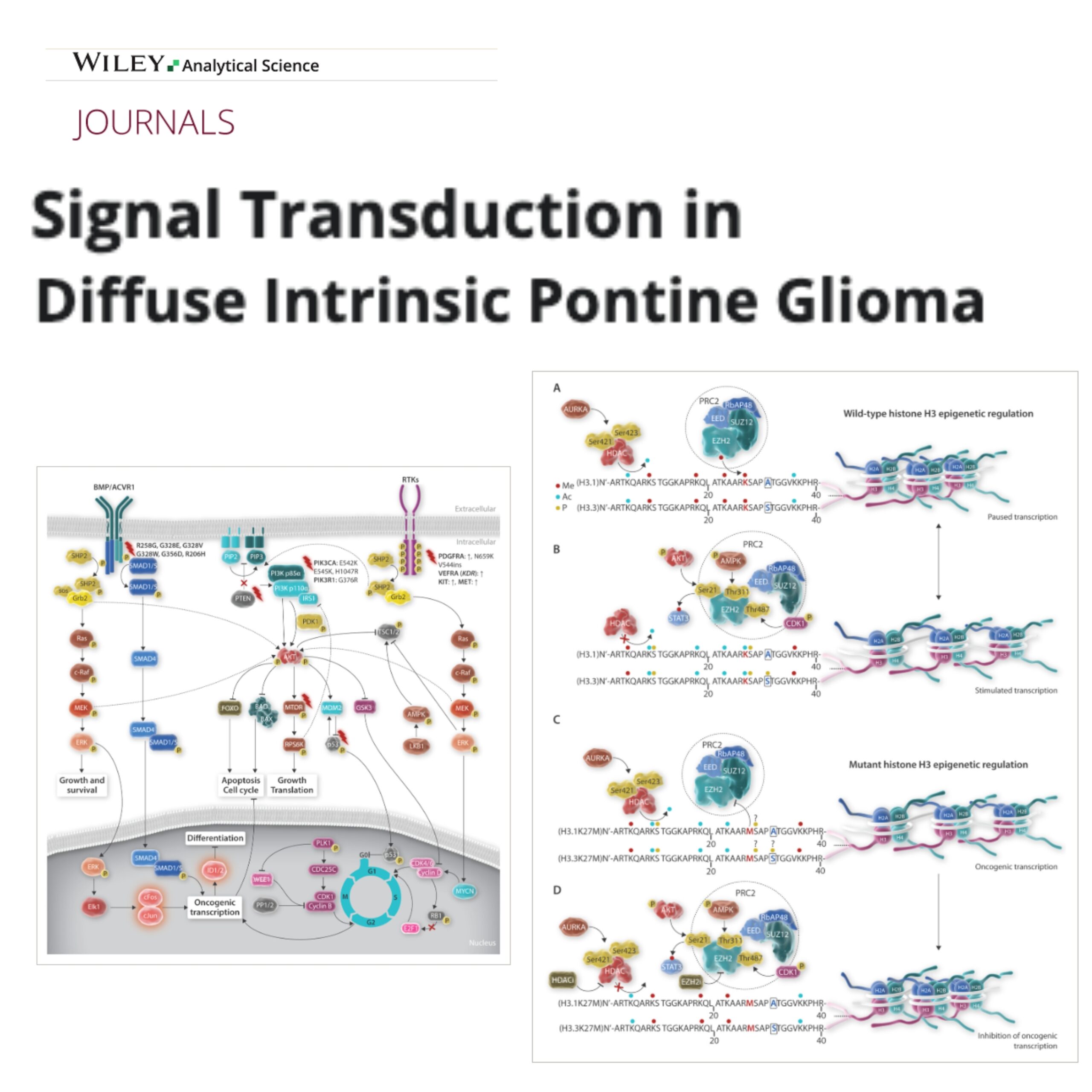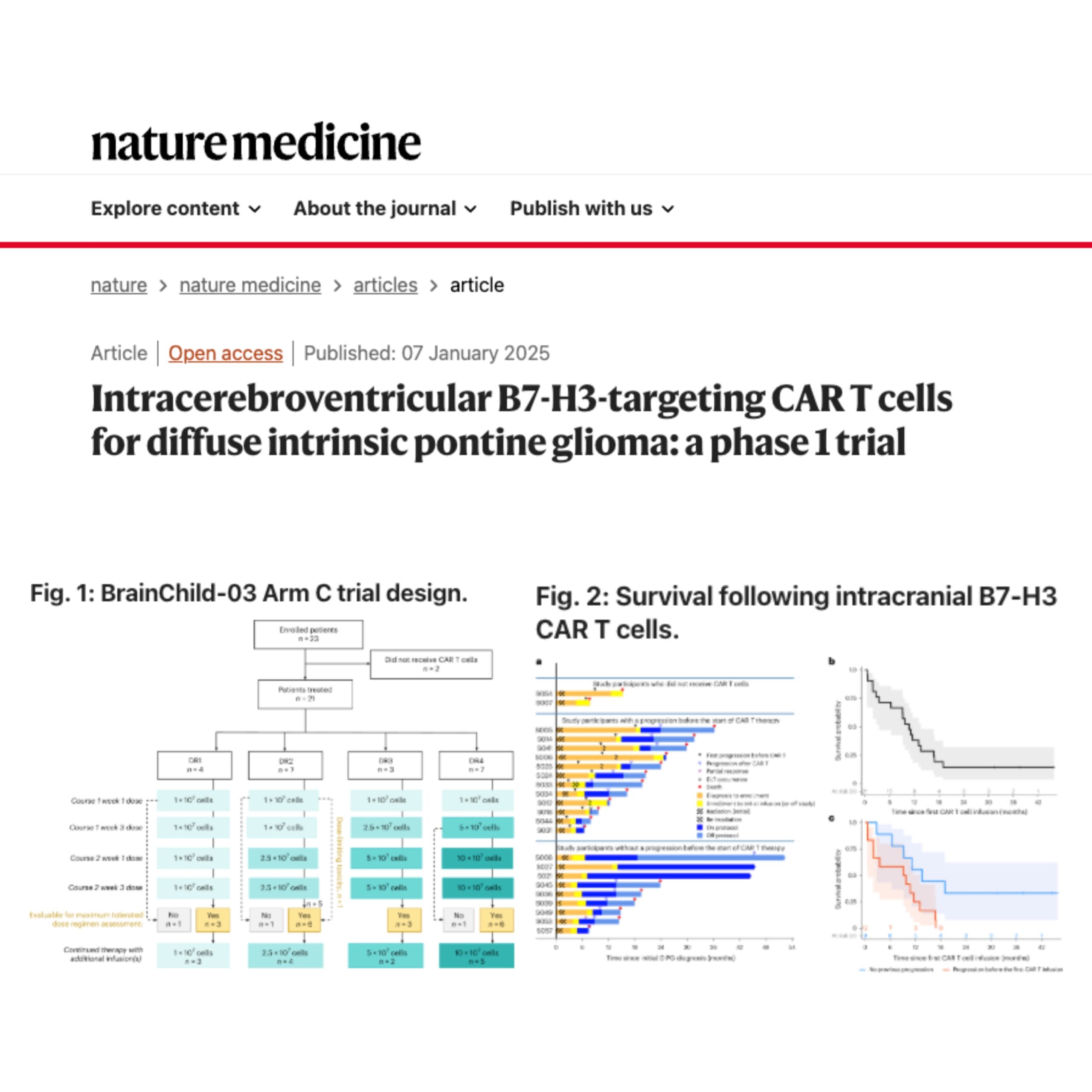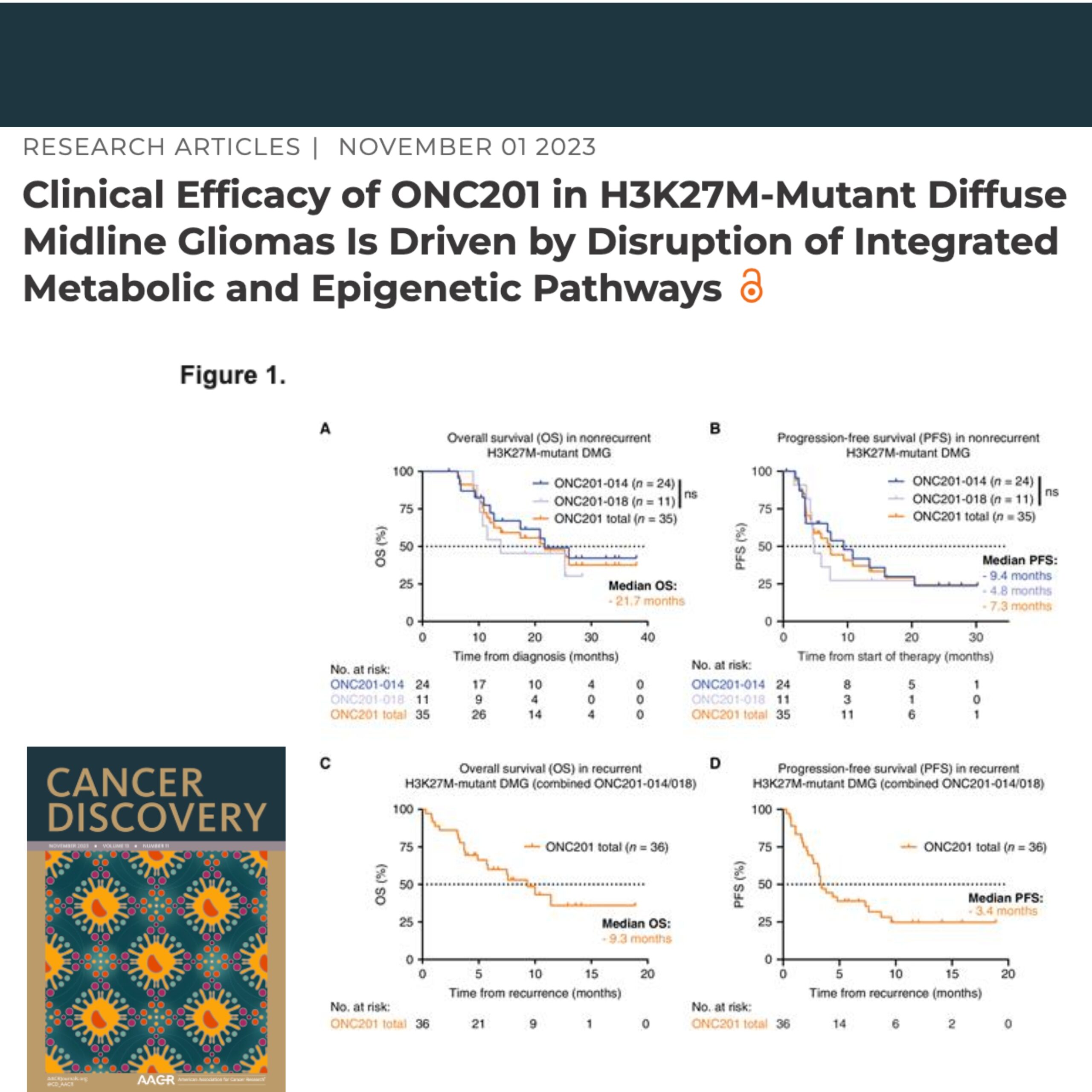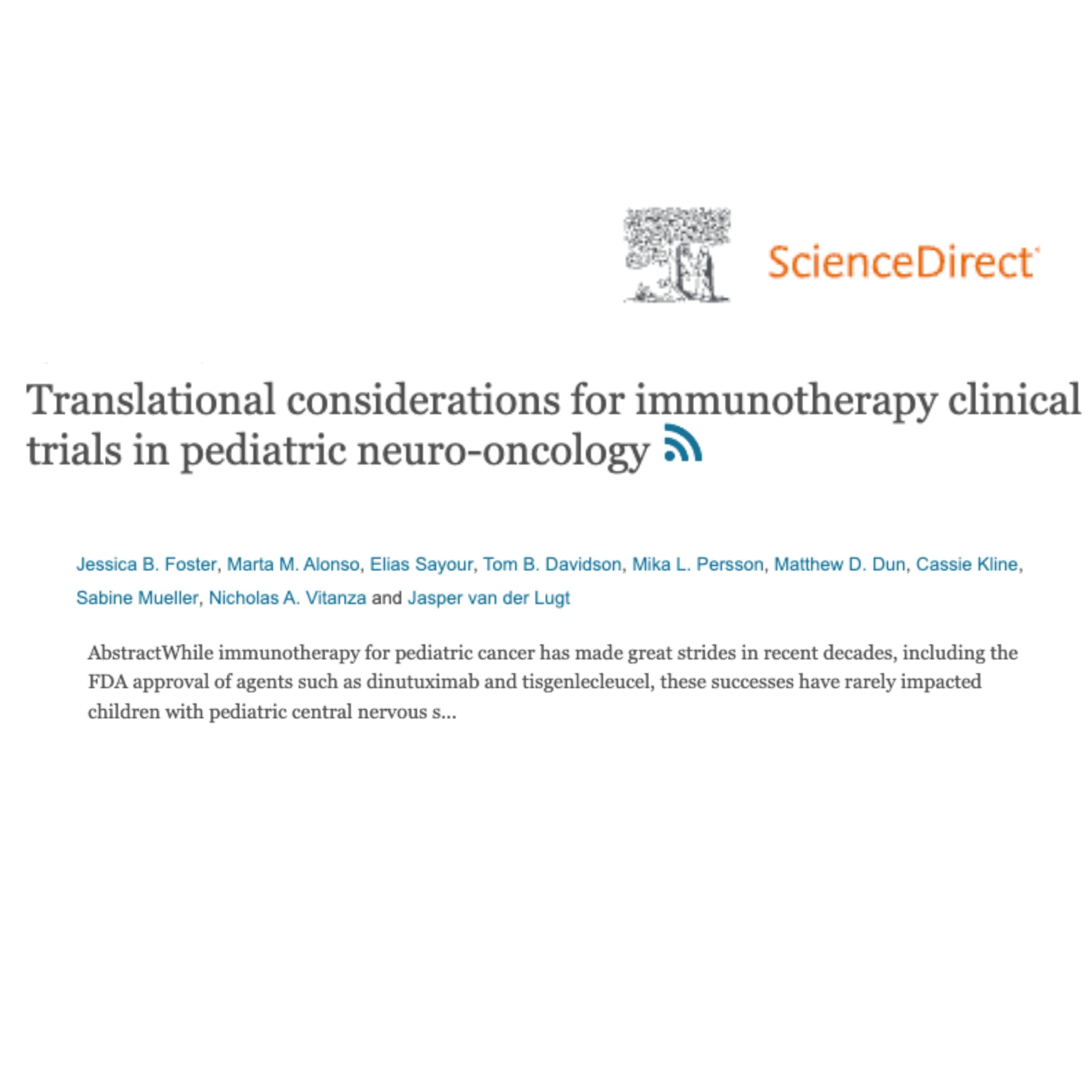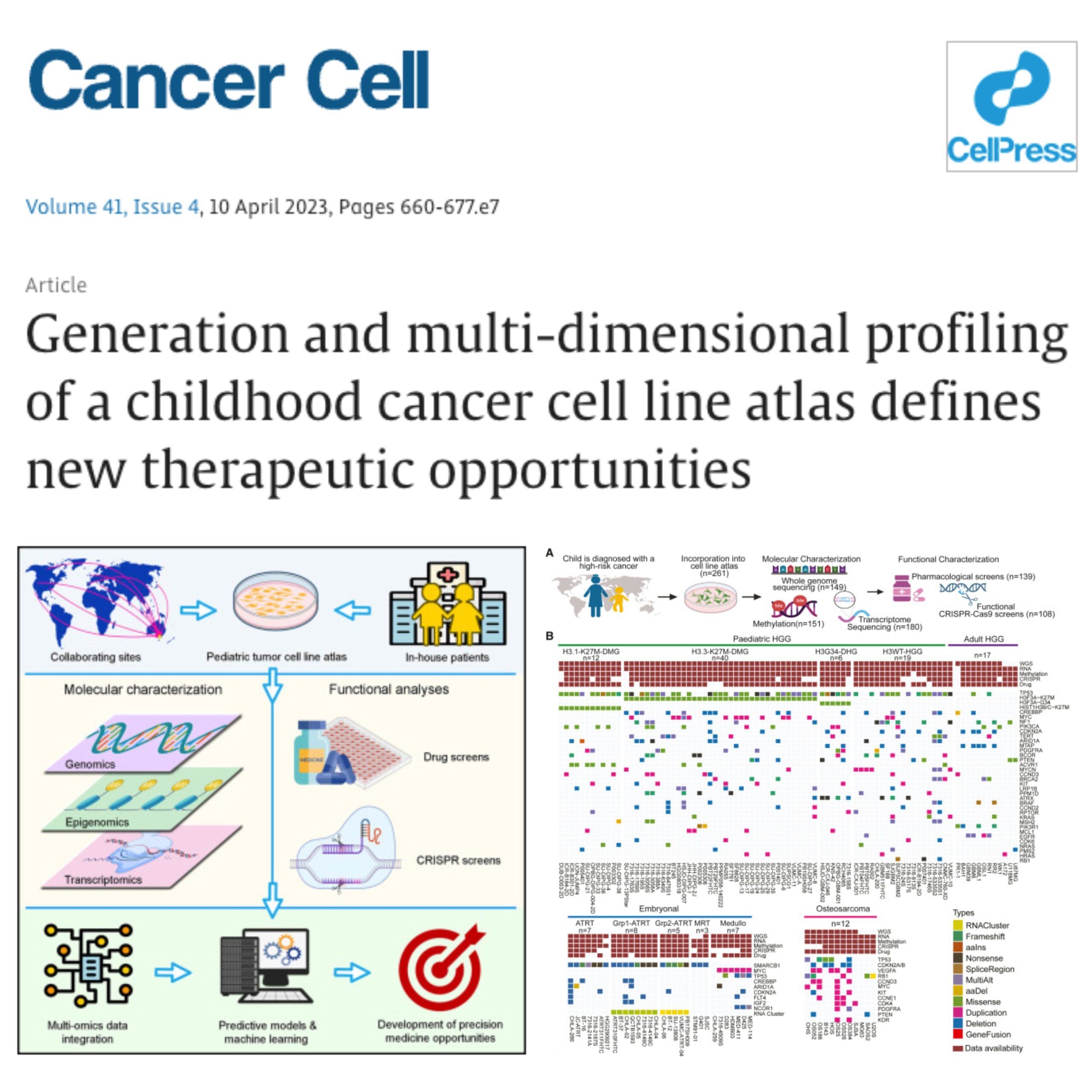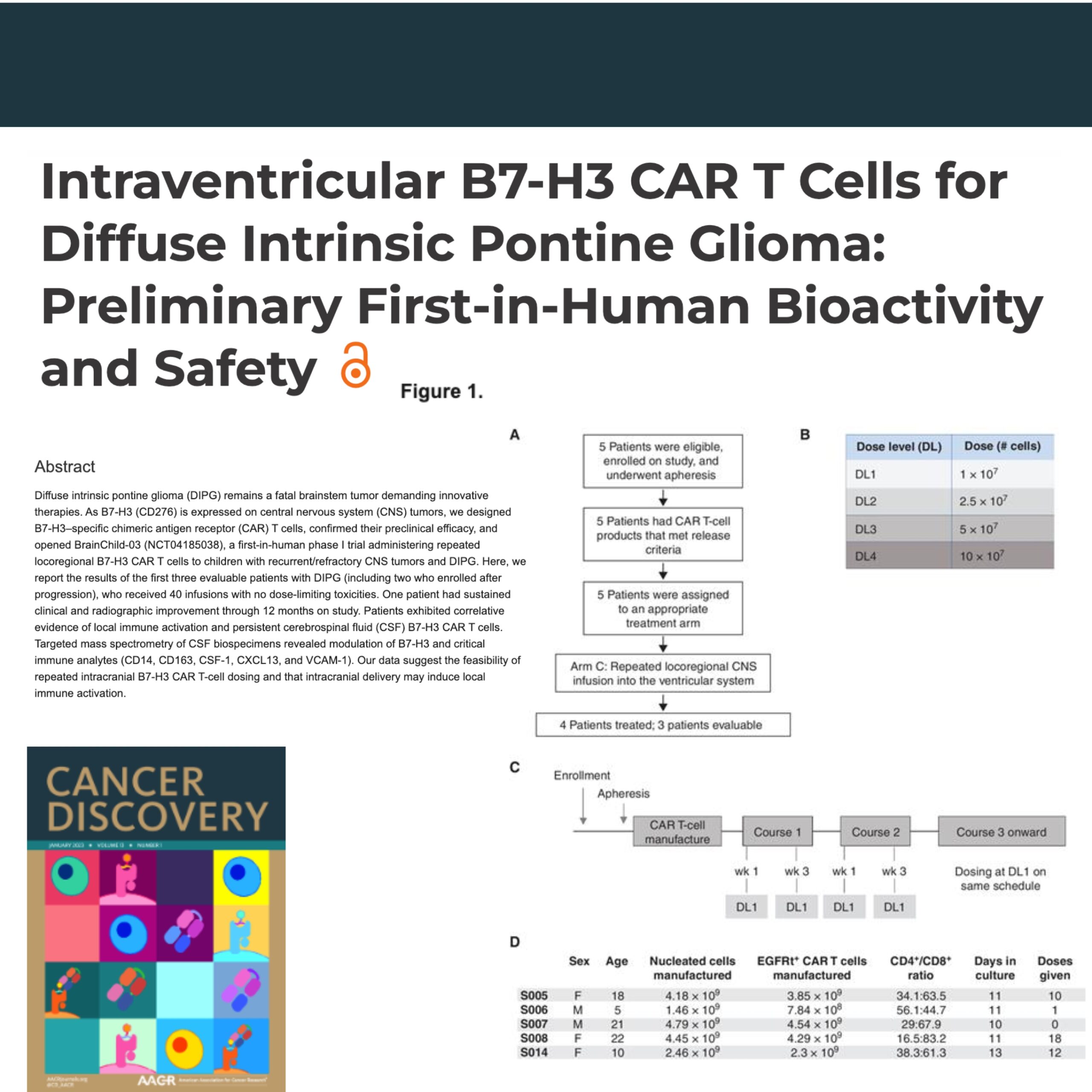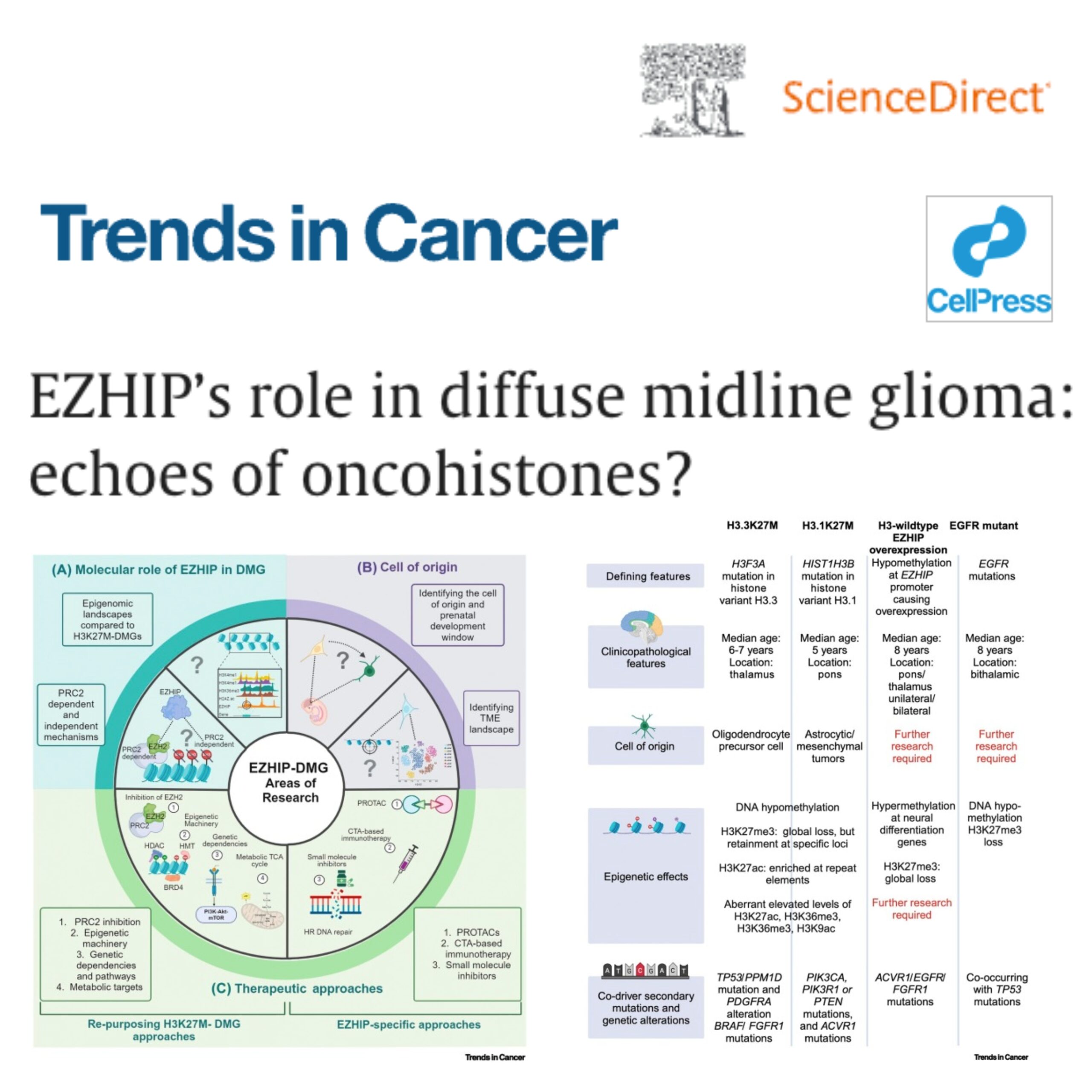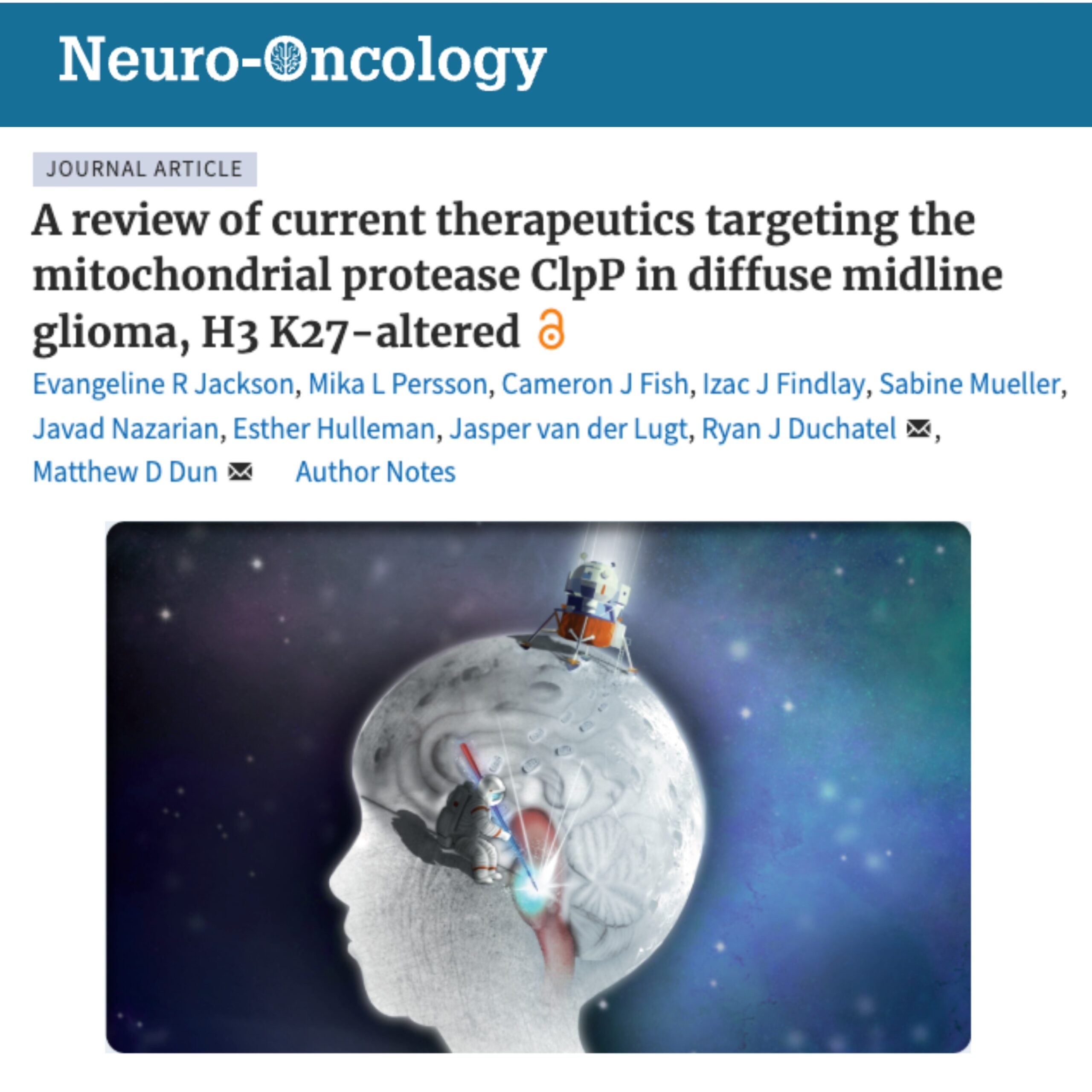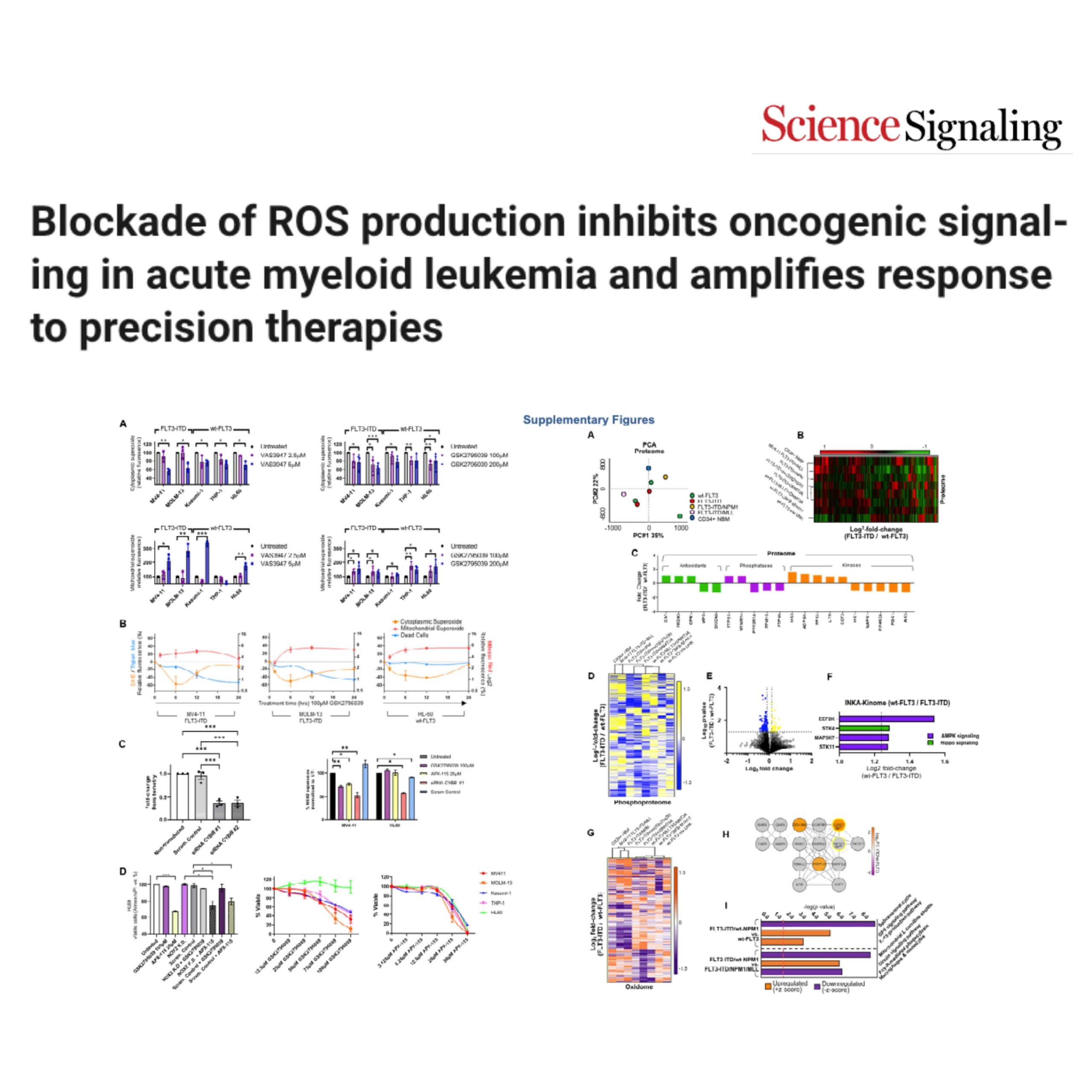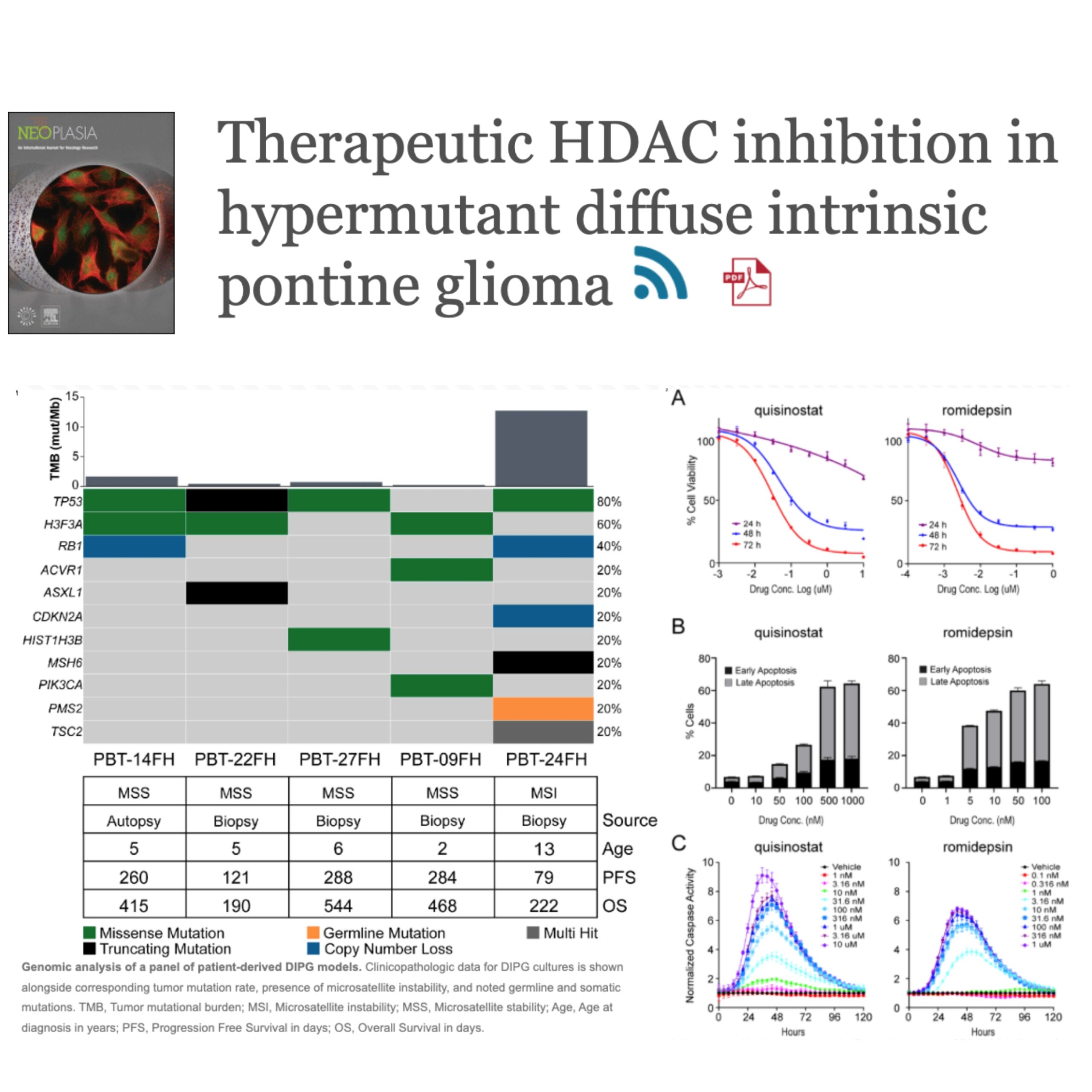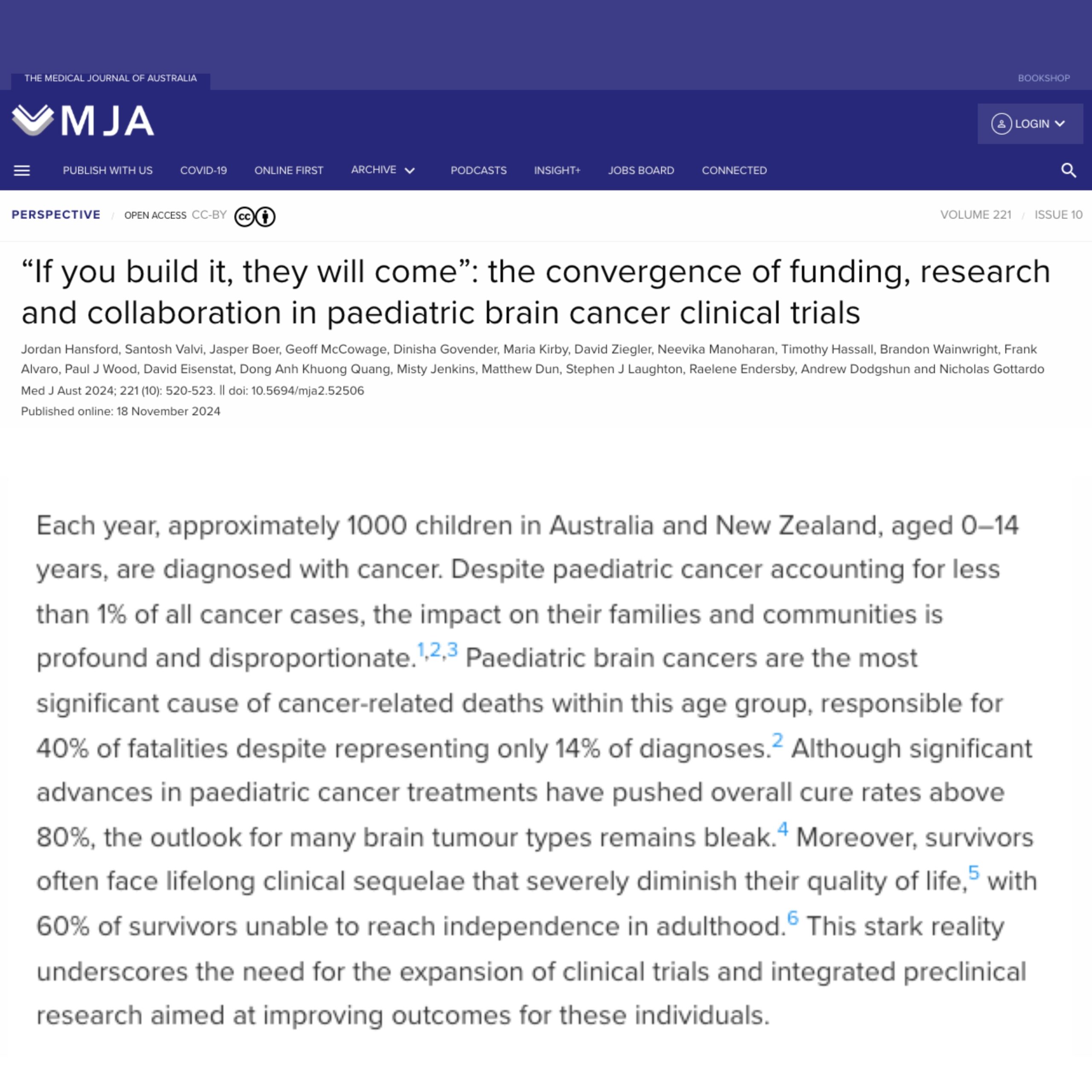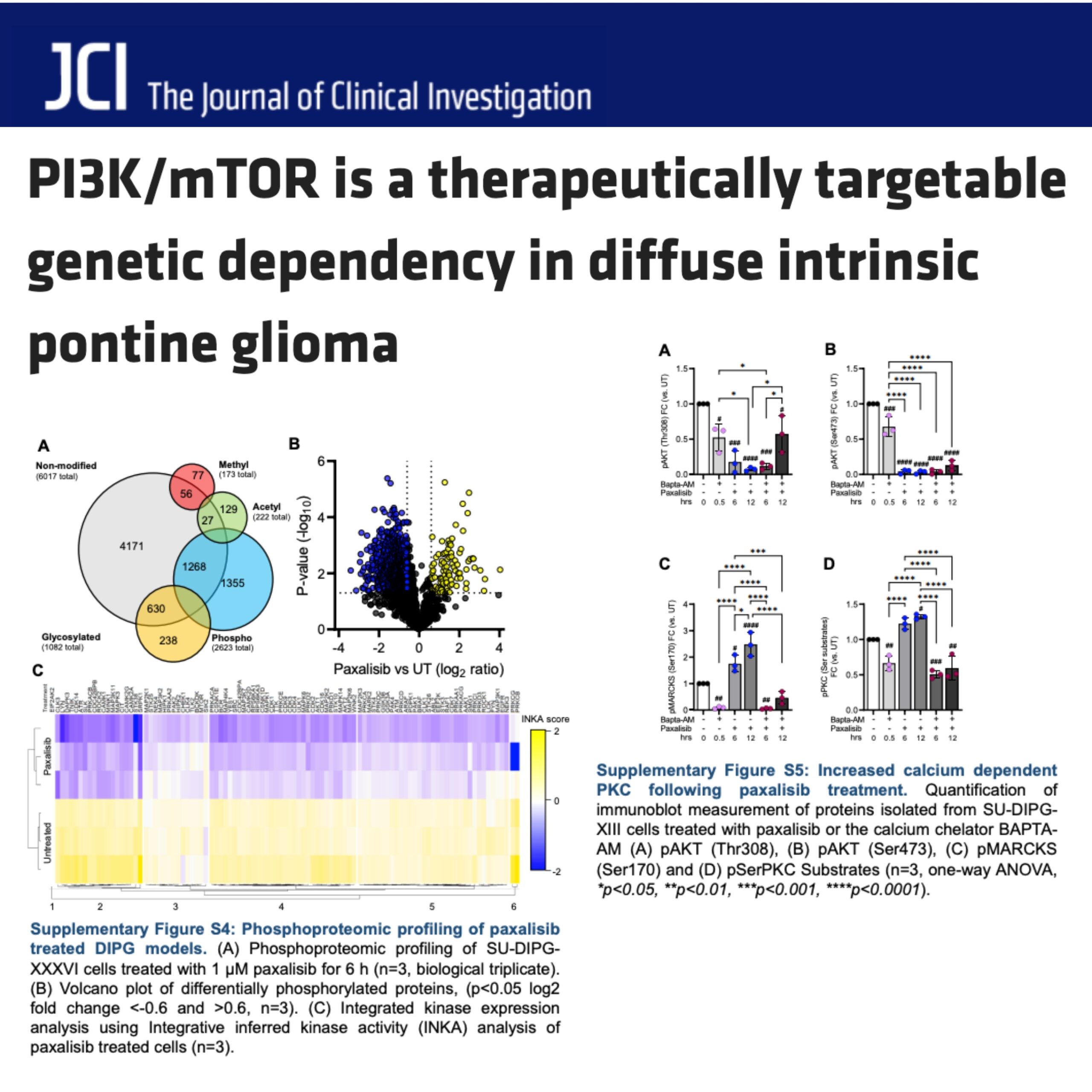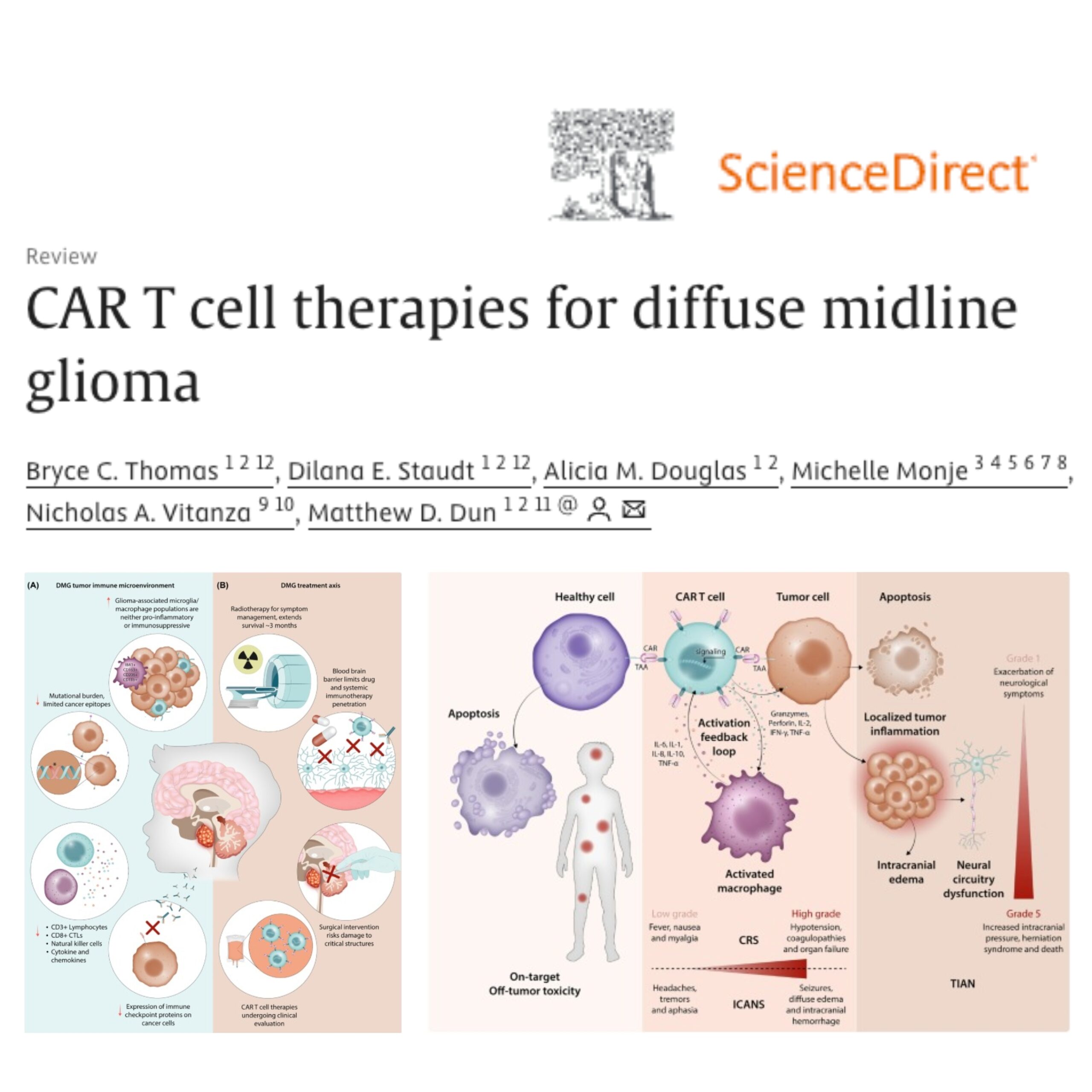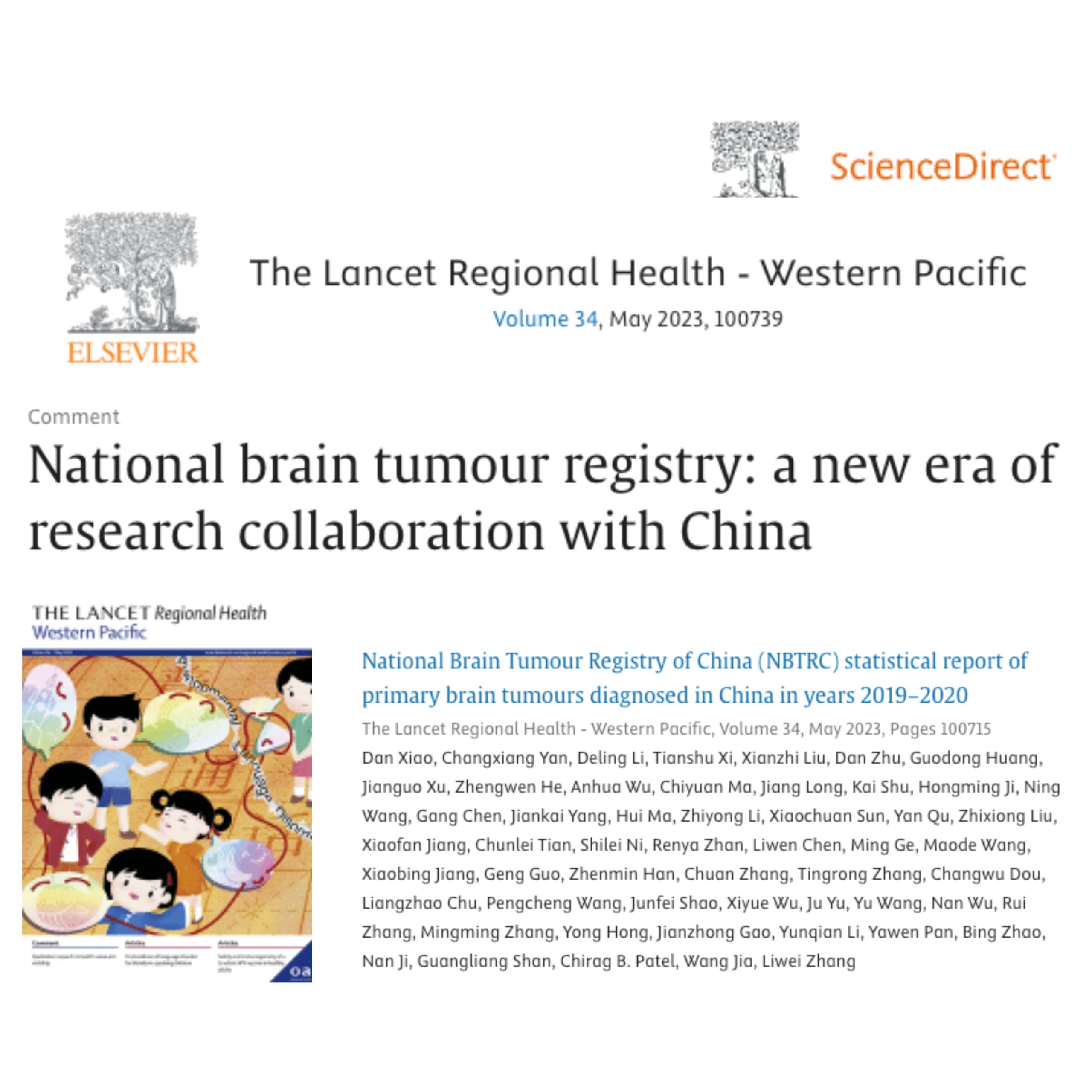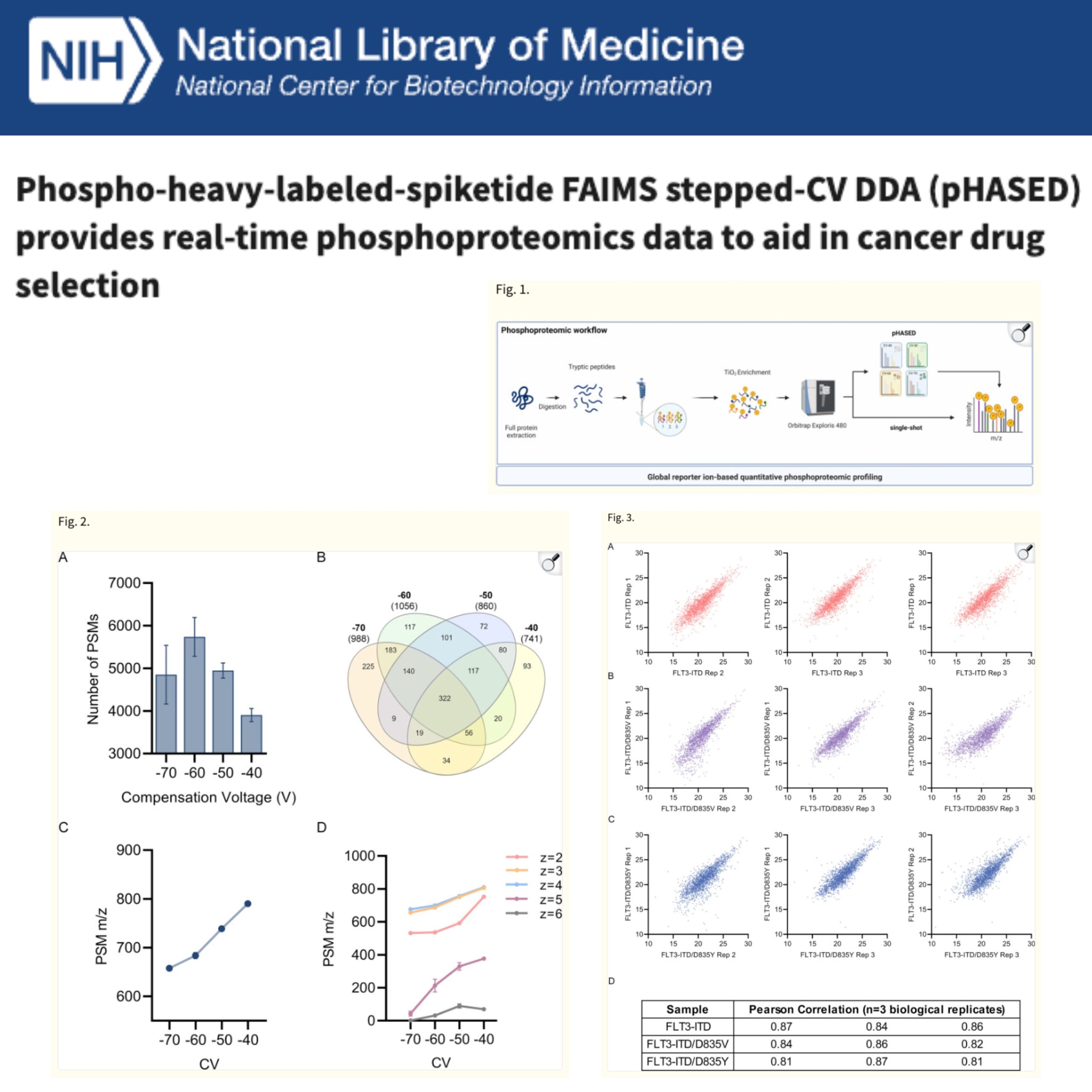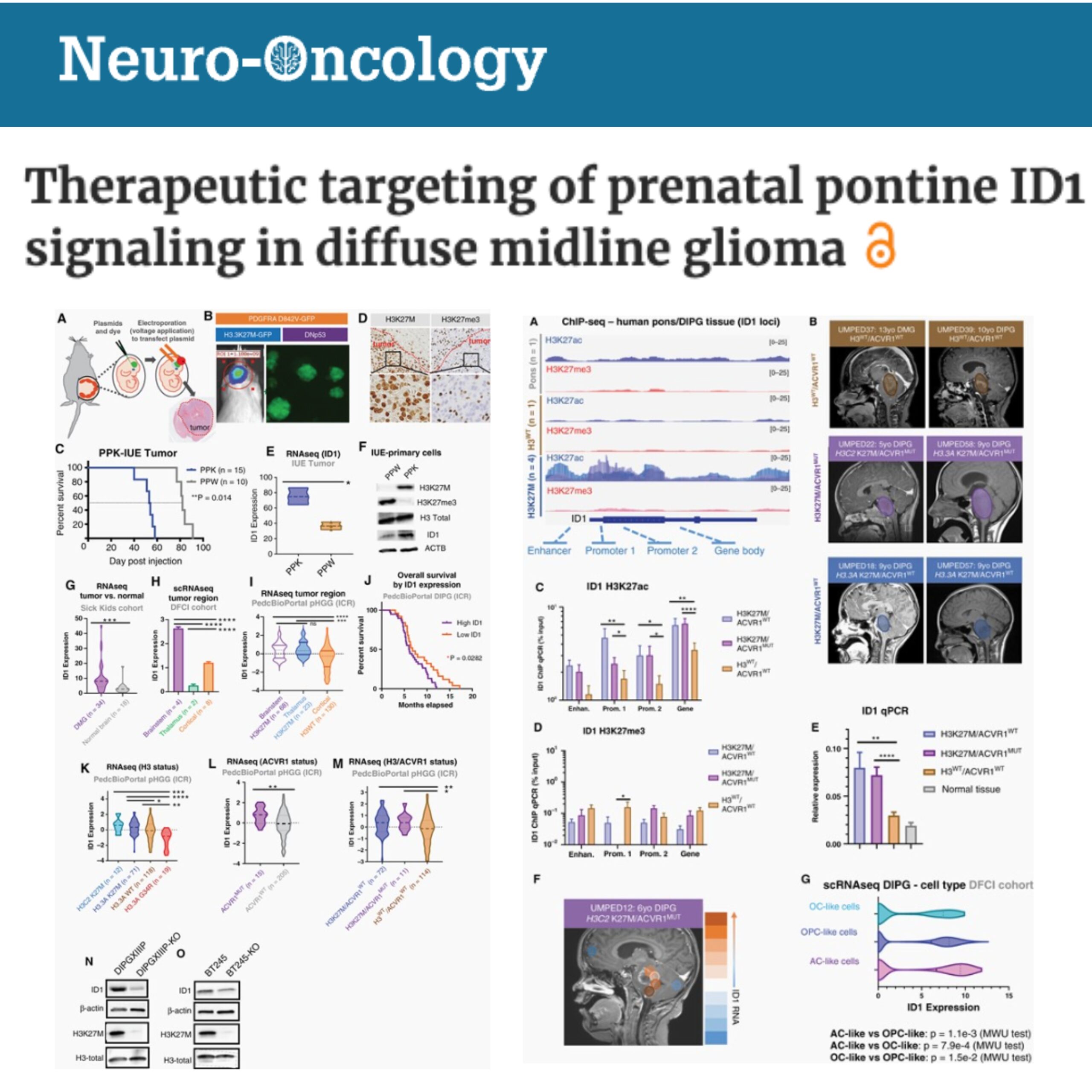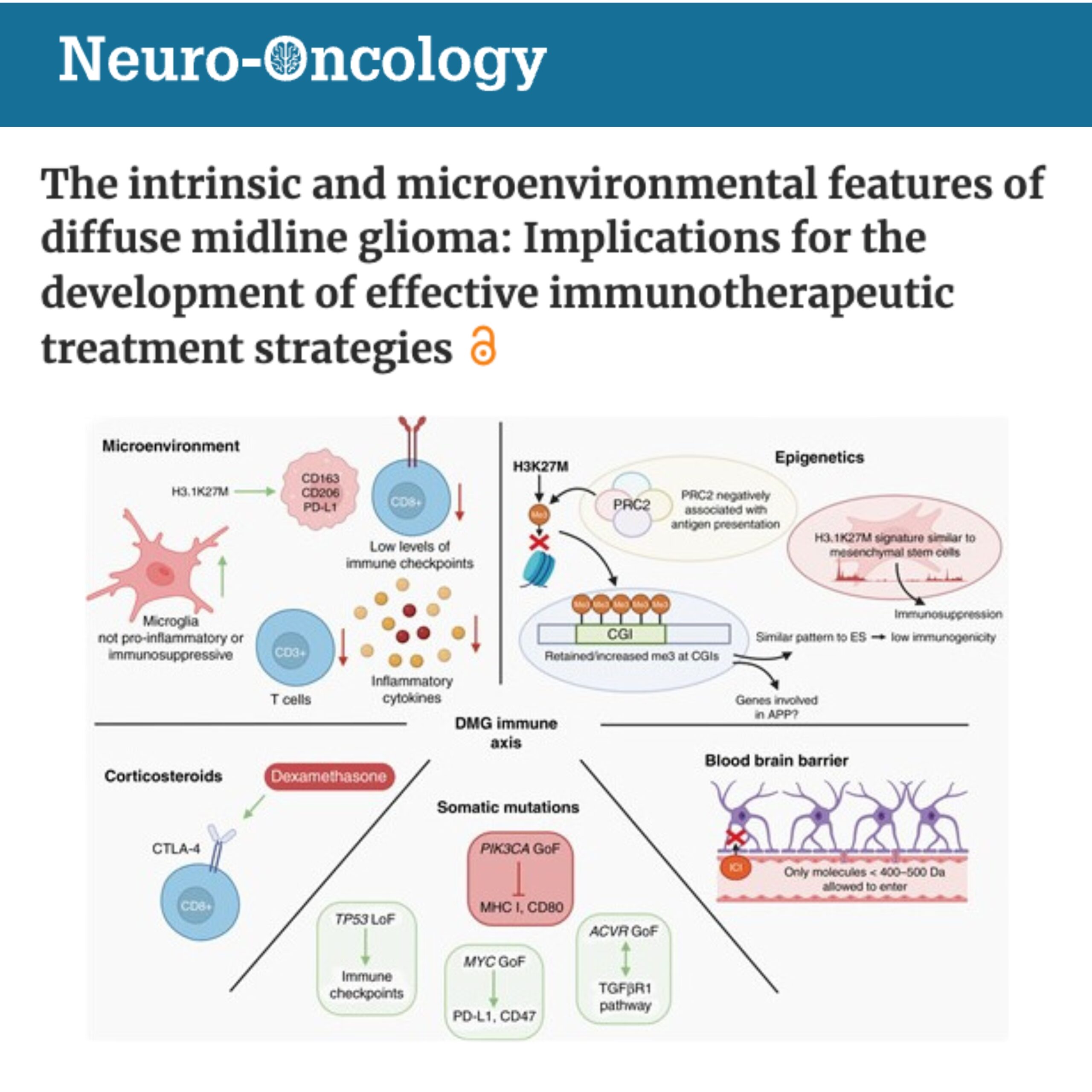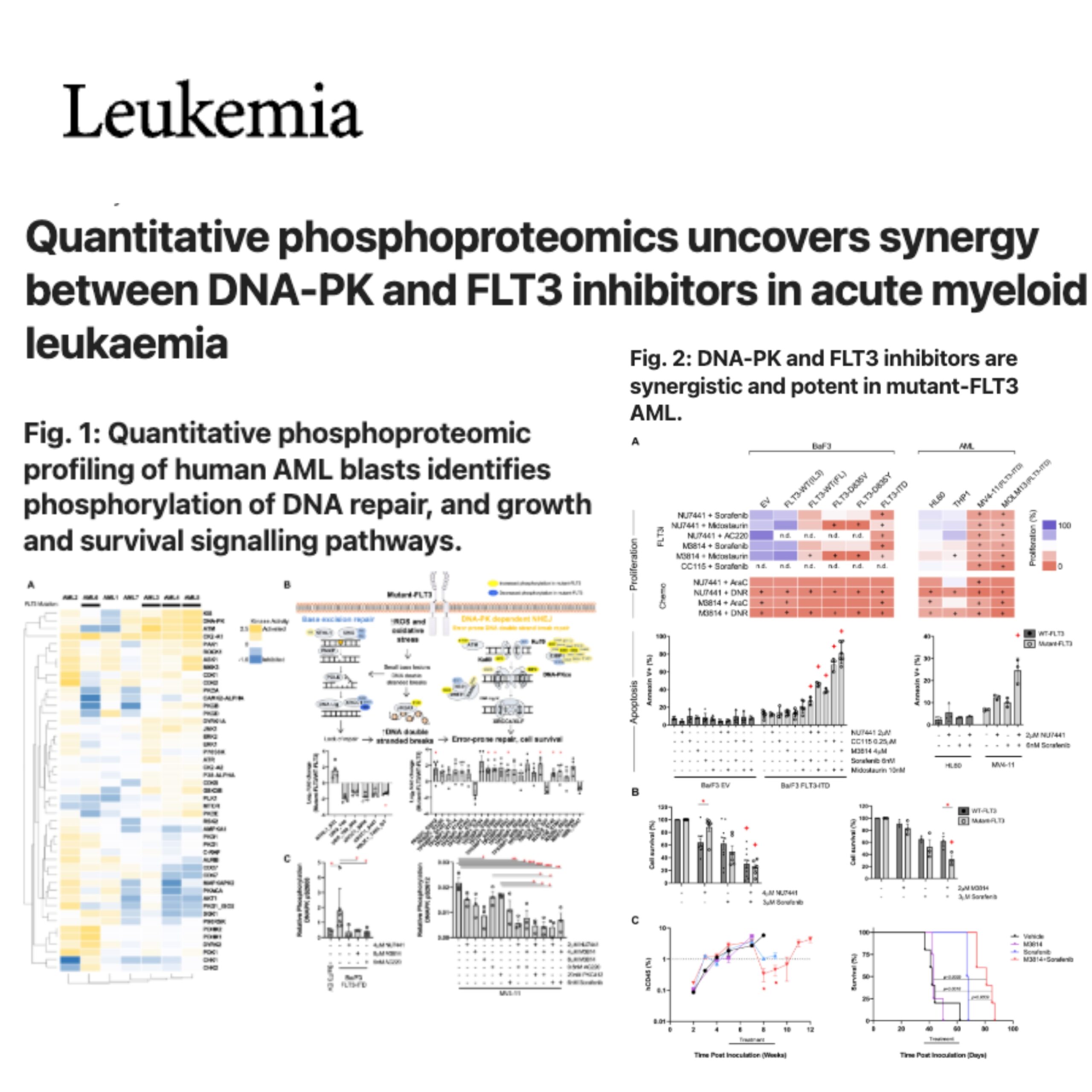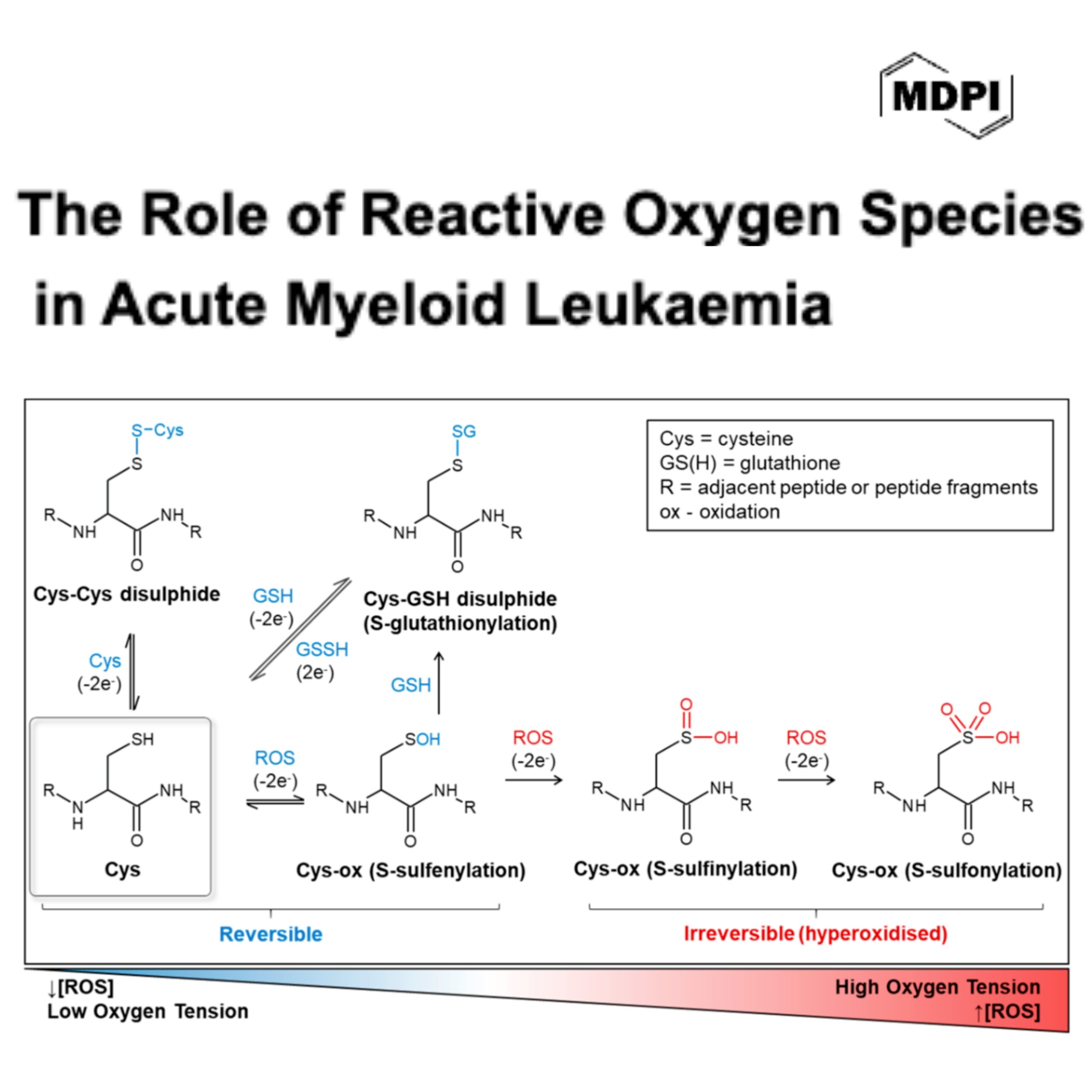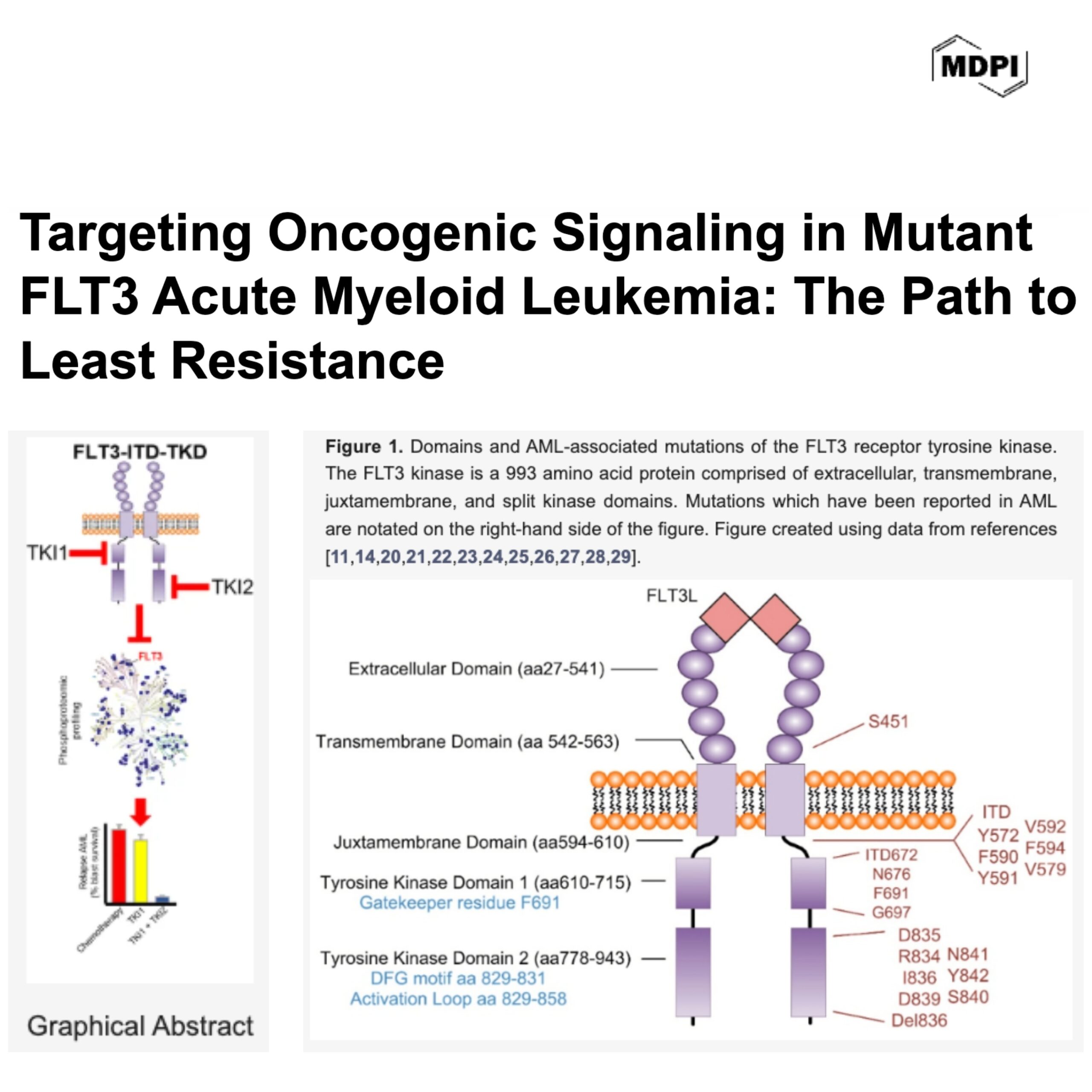DUN LAB
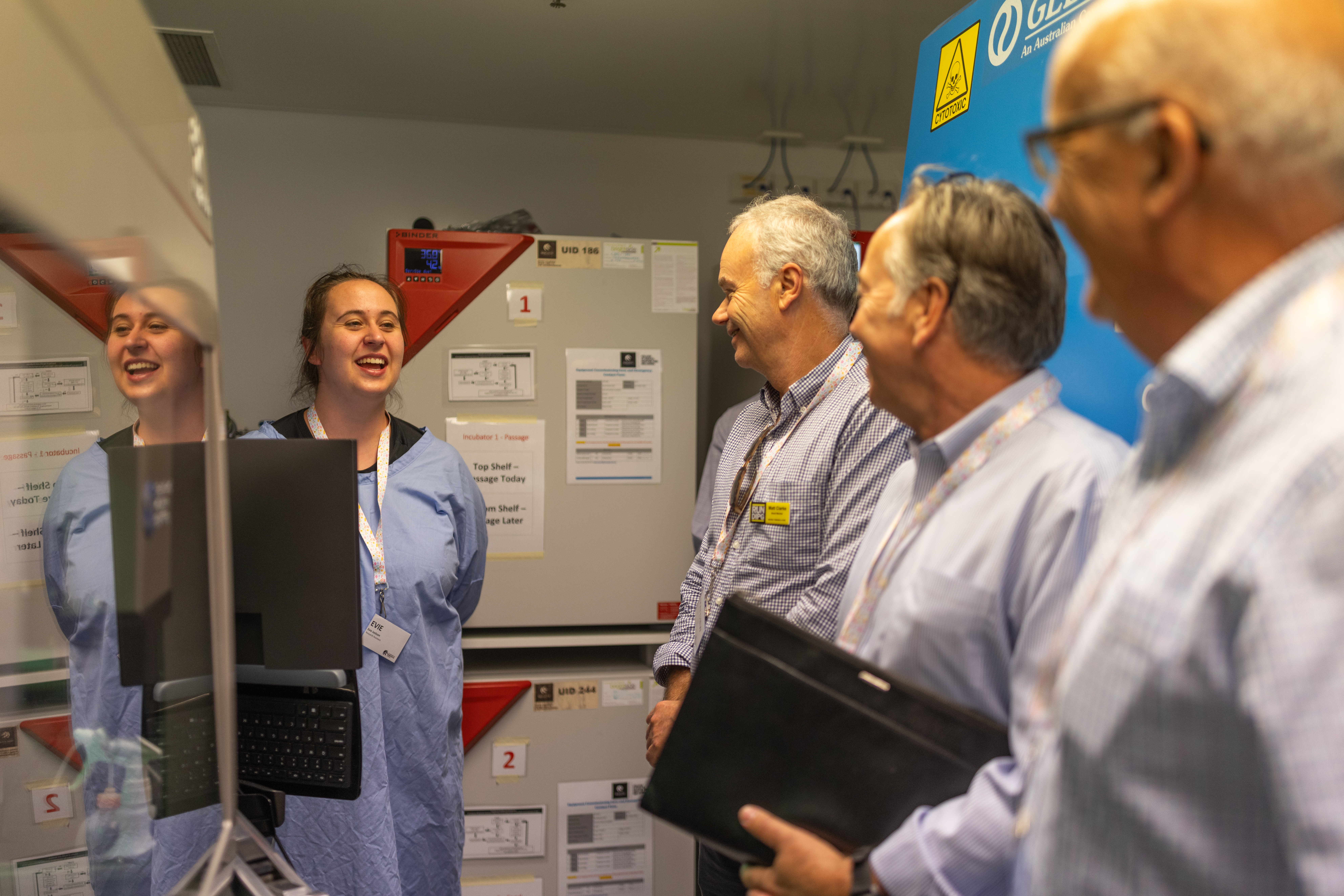
Professor Matt Dun & The Cancer Signalling Research Group aka Dun Lab, The University of Newcastle, Hunter Medical Research Institute
Learn more about Dun Lab below.
MEET THE DUN LAB TEAM
Leading the Cancer Signalling Research Group (CSRG) at The University of Newcastle, Hunter Medical Research Institute, Matt and his team use DIPG/DMG tumour samples to study how the cancer works – particularly the genes and proteins that control tumour cell growth, and its response (or resistance) to experimental therapies. The specialised techniques quality work and collaborative approach of Matt and his team have already helped bring treatment options to clinical trial – a fantastic achievement within 4 years of establishing the research program.
With a decorated career studying leukaemias prior to daughter Josephine’s DIPG diagnosis, Matt knows DIPG/DMG research can bring about improved patient outcomes, just as has been achieved in blood cancers in recent times. RUN DIPG are immensely proud to support the work of Matt and the ‘Dun Lab’ alongside other fantastic researchers dedicated to moving towards a cure.
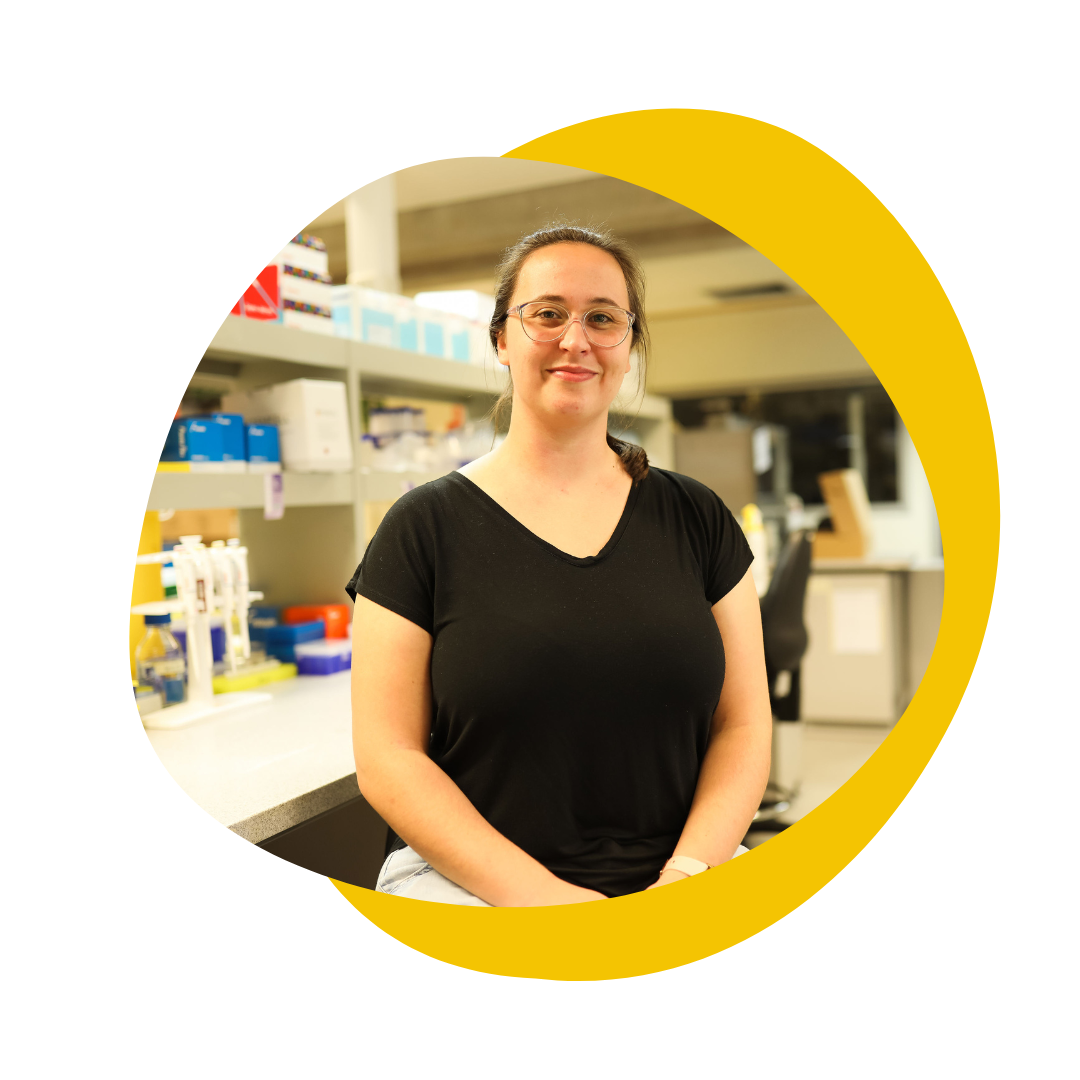
Dr Evangeline Jackson
BBiomed Sci (Honours)
& PhD (Medical Biochemistry)
BBiomed Sci (Honours)
& PhD (Medical Biochemistry)
The Kids’ Cancer Project
Early Career Fellow

Dr Ryan Duchatel
PhD Experimental
Pharmacology
PhD Experimental
Pharmacology
ChadTough Defeat
DIPG Fellow
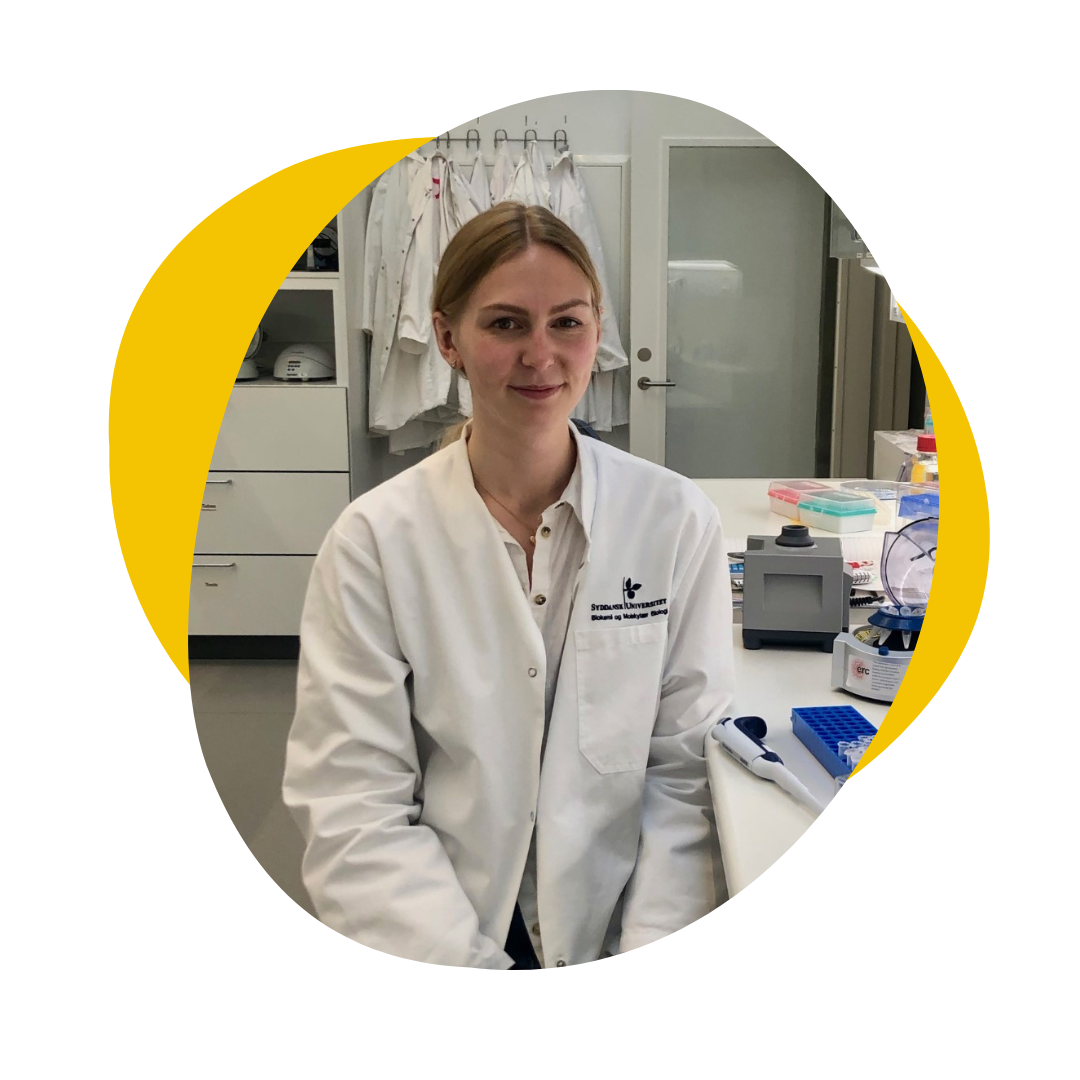
Mika Persson
B. Biomedicine
B. Biomedicine
RUN DIPG International
HDR Scholar
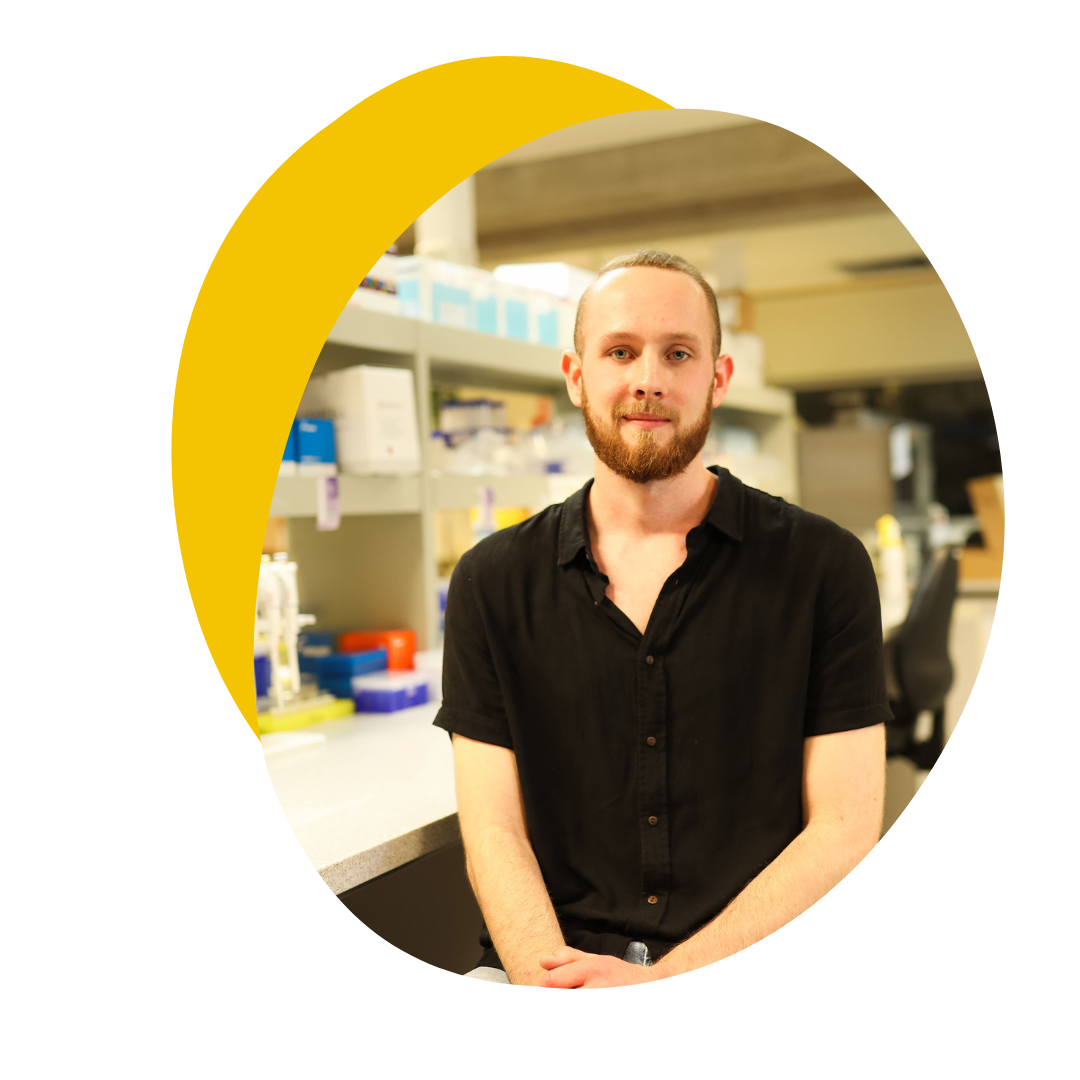
Izac Findlay
B. Biomed (Honours)
B. Biomed (Honours)
RUN DIPG Moving Towards a Cure
HDR Scholar
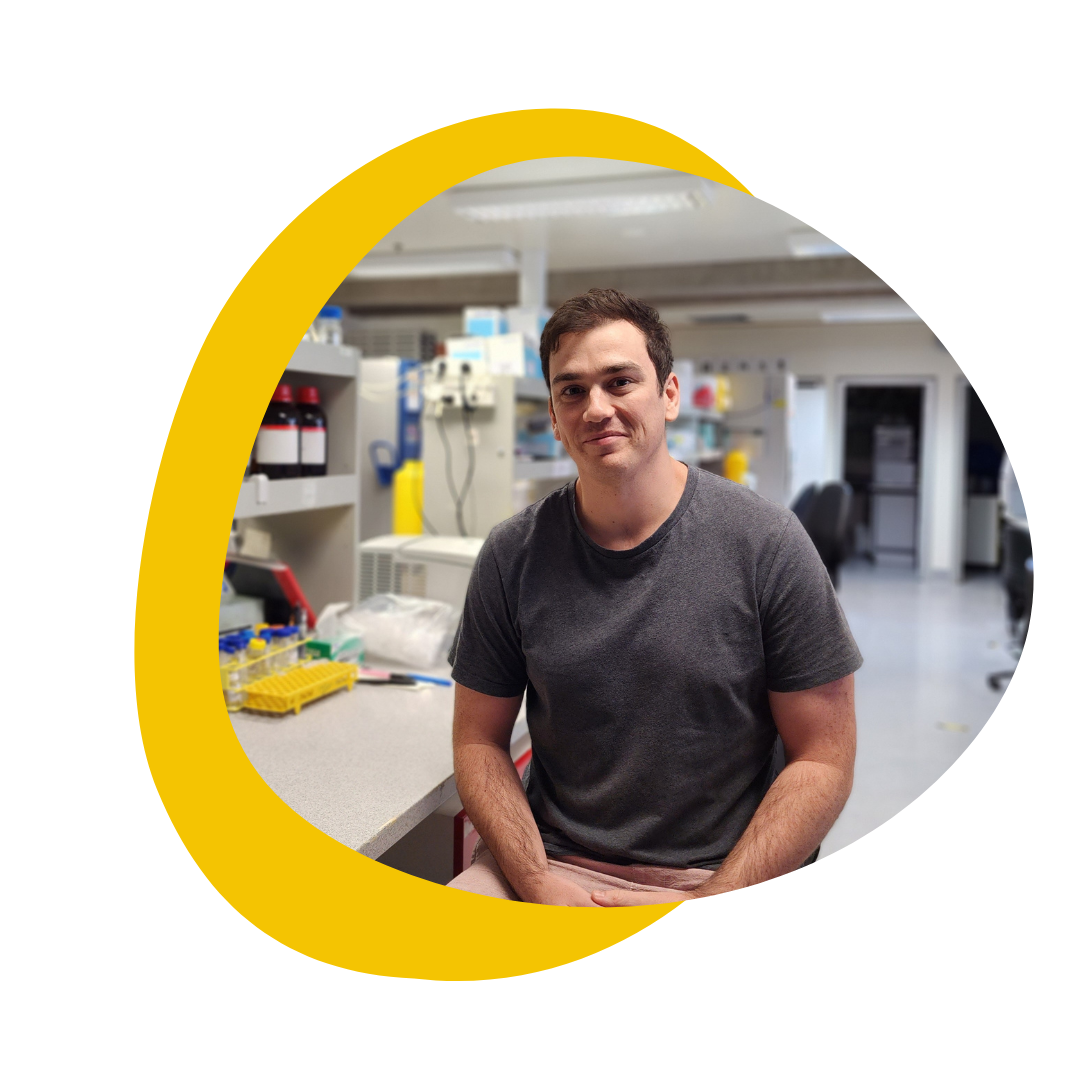
Bryce Thomas
B. Biomed Sci, B. Advanced Studies (Honours)
B. Biomed Sci, B. Advanced Studies (Honours)
PhD Scholar
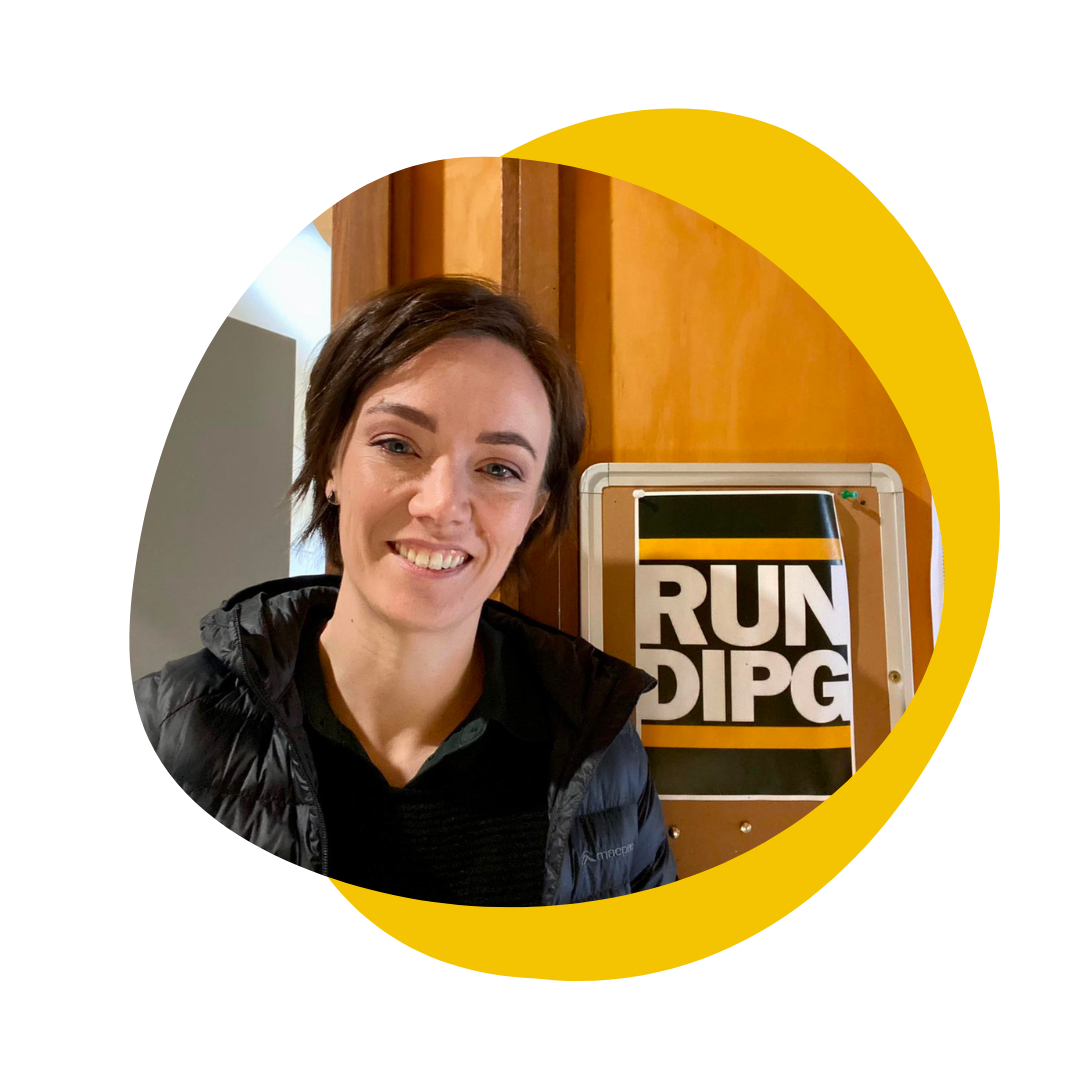
Alicia Douglas
B. Biotech, M. Pharm
B. Biotech, M. Pharm
Cancer Signalling Research
Group Manager

Dr Tuan Vo
Biotech, PhD Medical & Molecular Genetics
Biotech, PhD Medical & Molecular Genetics
Postdoctoral Research Fellow

Jasmine Cairney
B. Biomed Student
B. Biomed Student
Research Assistant
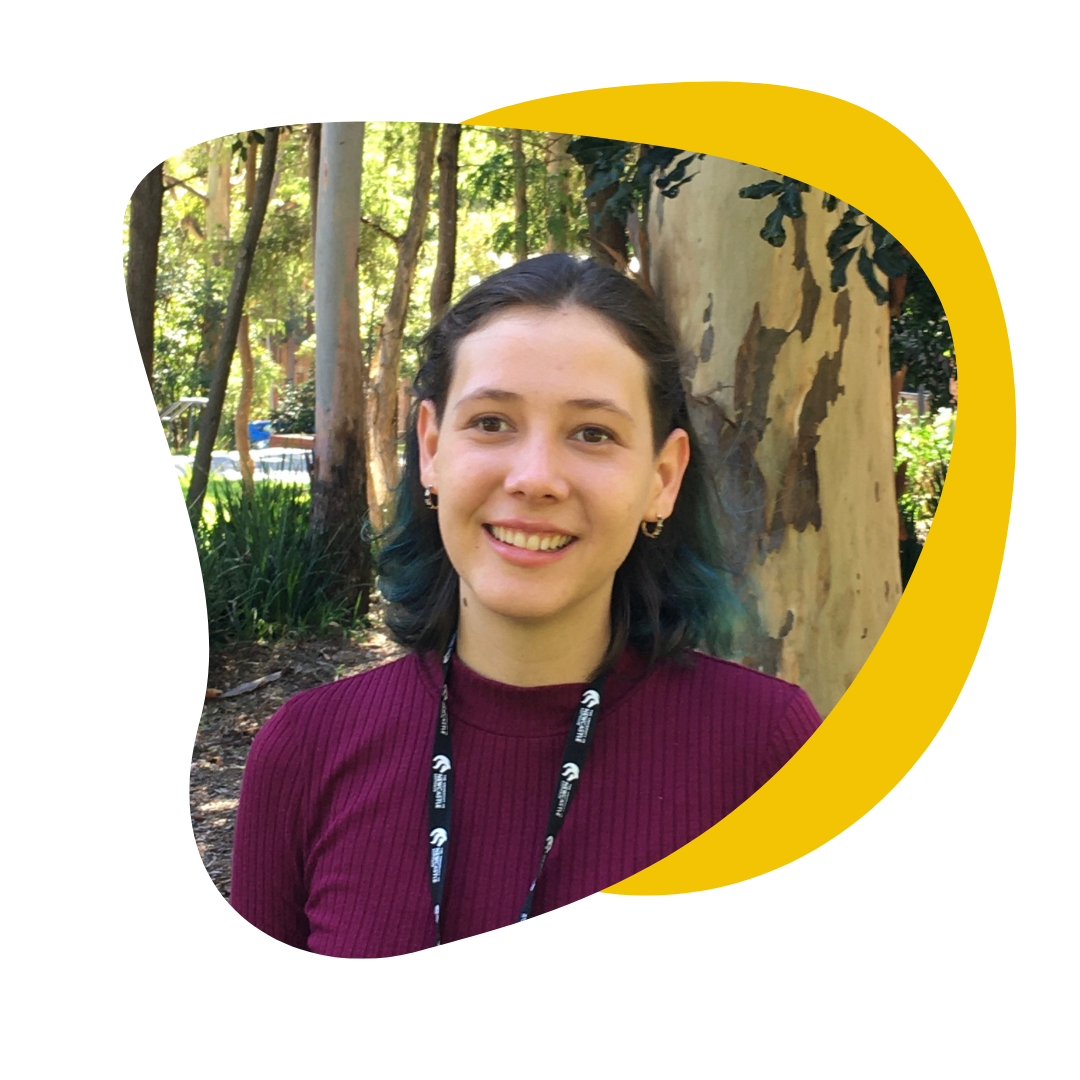
Holly McEwen
B. Adv. Science – Chemistry (Honours)
B. Adv. Science – Chemistry (Honours)

Dr Ranjith Jayaraman
PhD Immunology
PhD Immunology
Postdoctoral Research Fellow

Yuanhao Jiang
M. Sci
M. Sci
RUN DIPG ‘Warrior Jack’ PhD Scholar
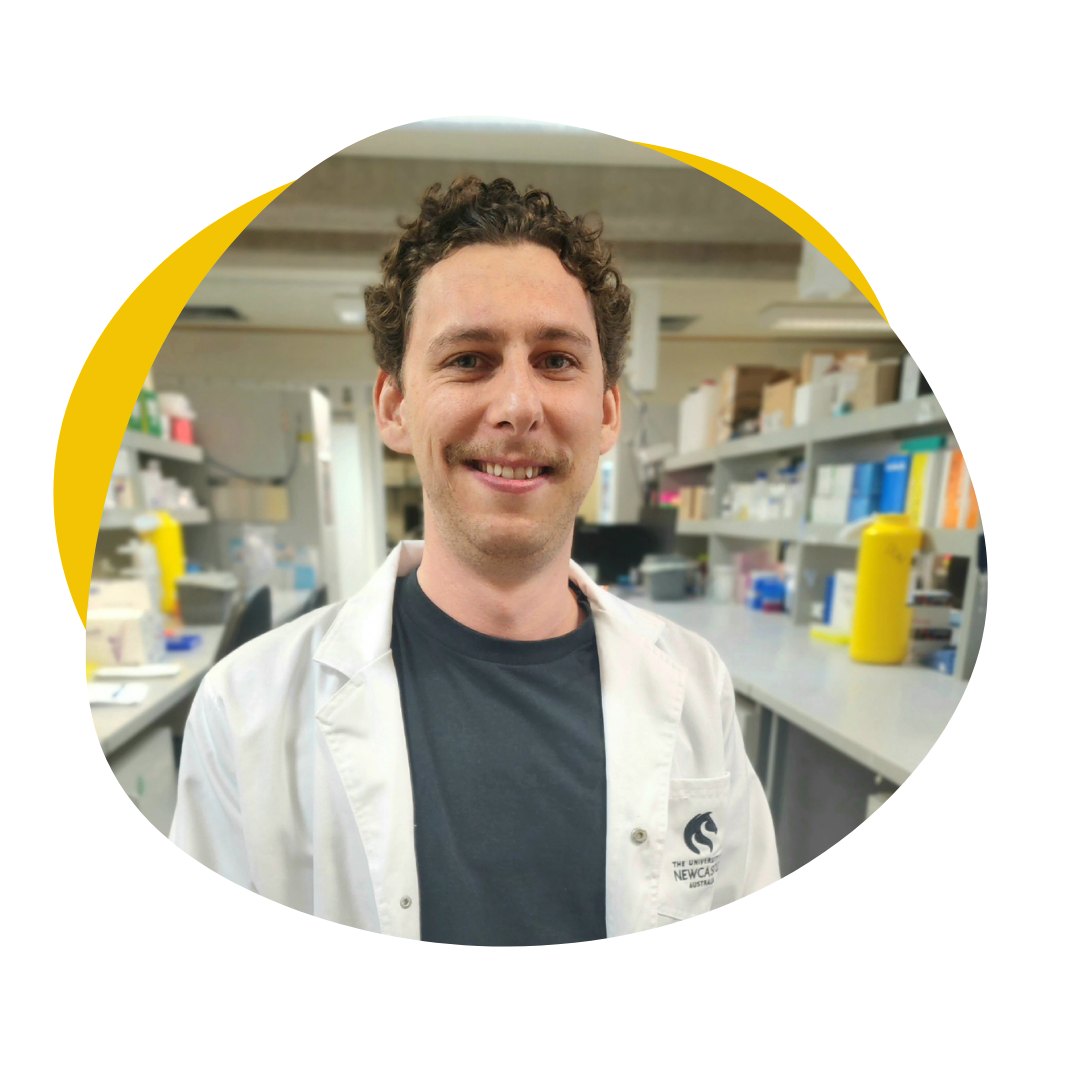
Dr Zac Germon
PhD Med. Biochem
PhD Med. Biochem
Postdoctoral Research Fellow
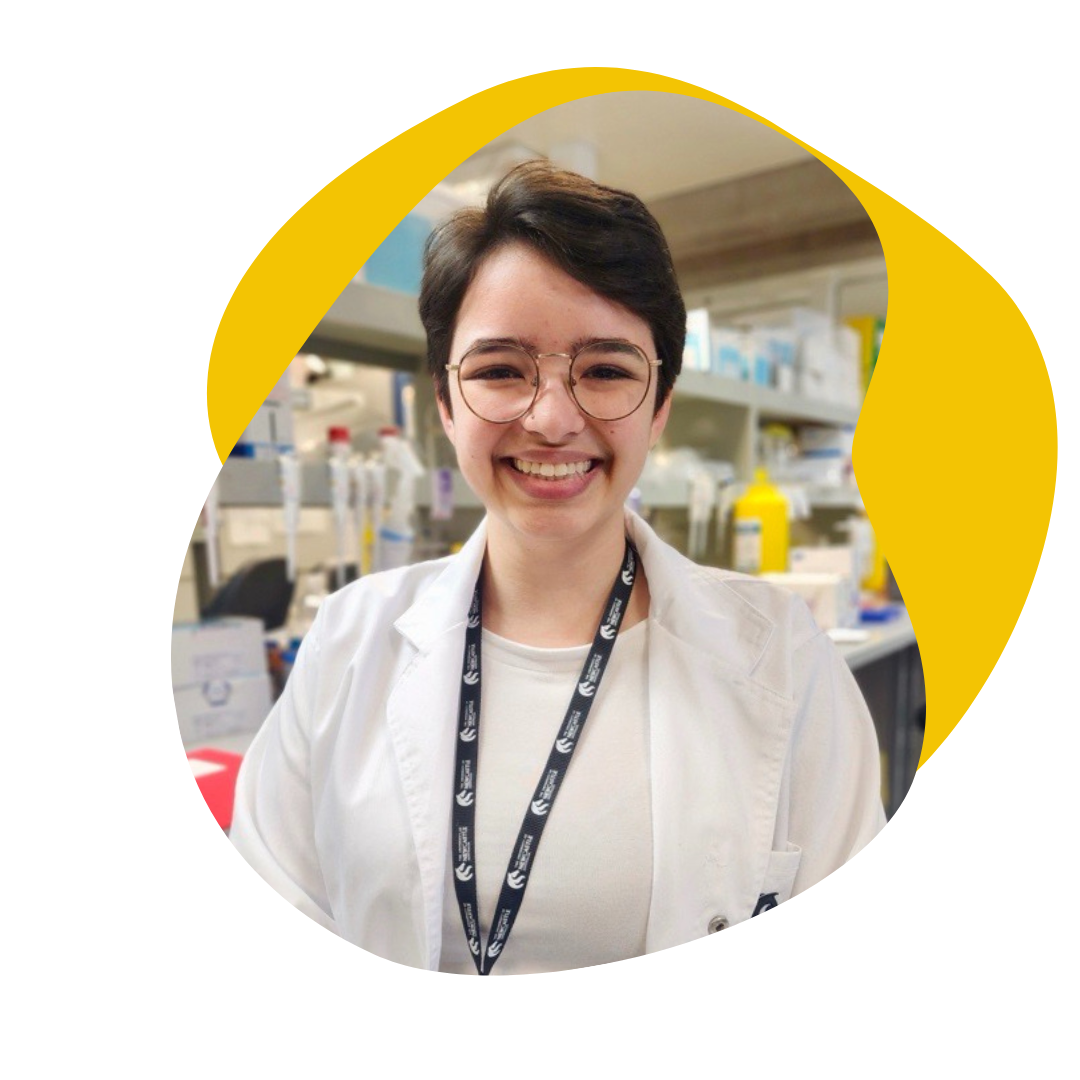
Marissa Lally
B. Sc. (Neuroscience)
B. Sc. (Neuroscience)
Research Assistant
PUBLISHED WORK
To view a more up to date list of Professor Matt Dun’s publications, see here.


